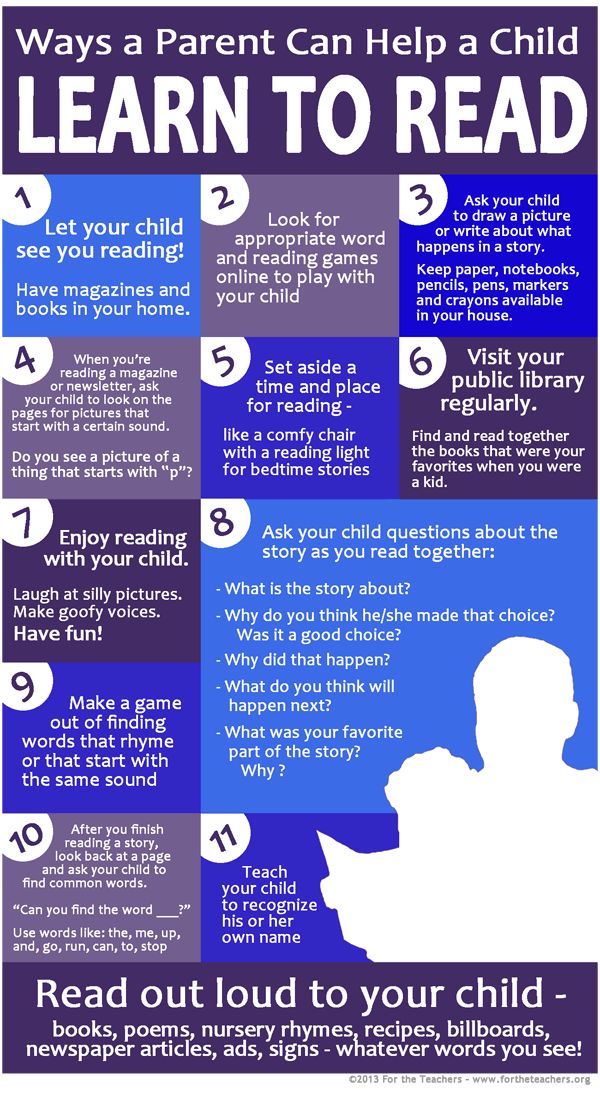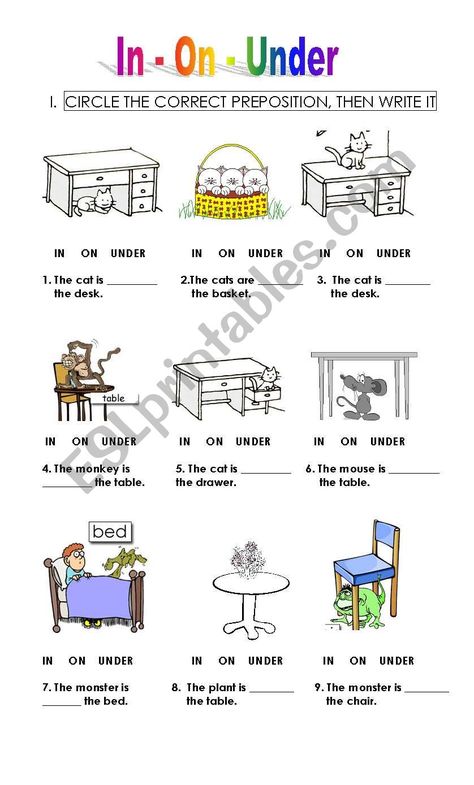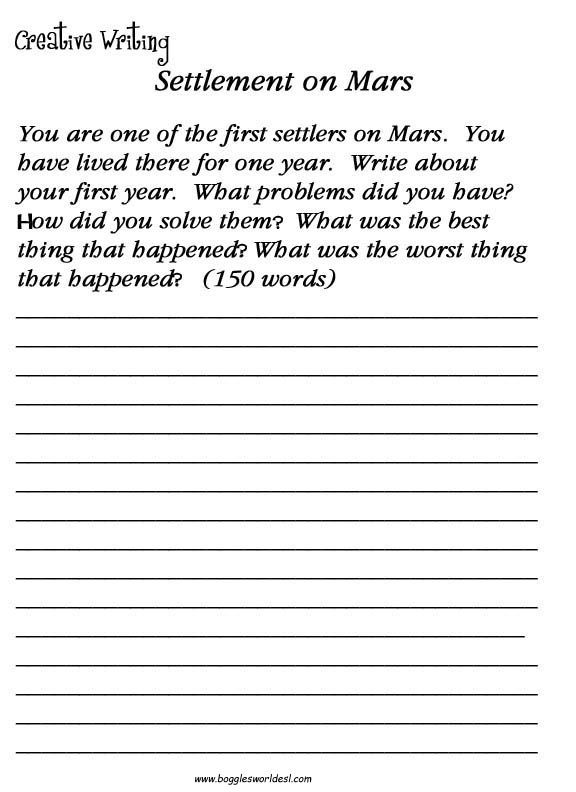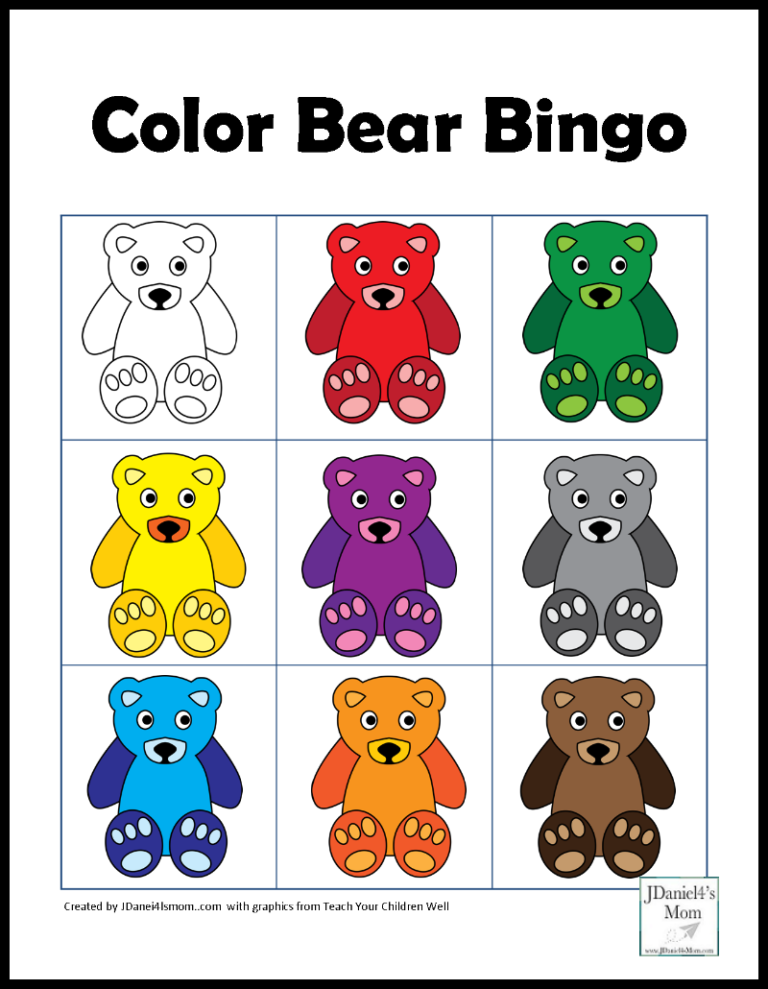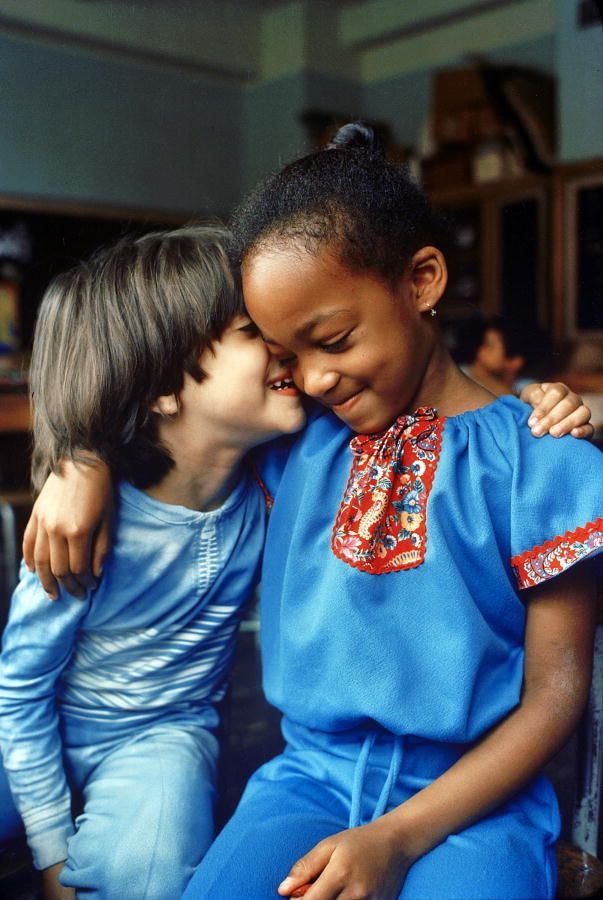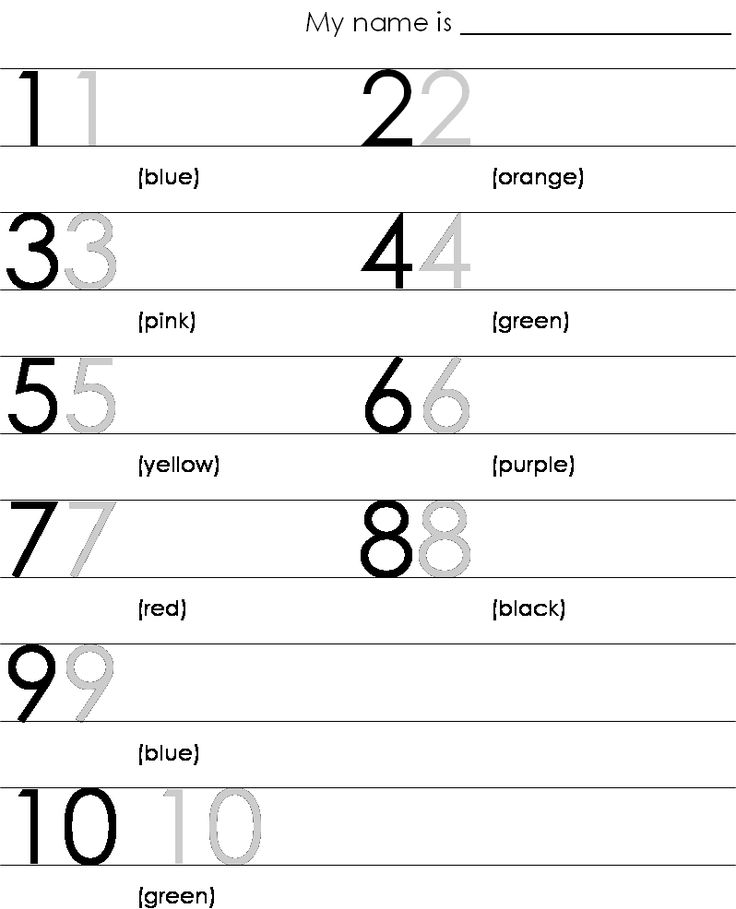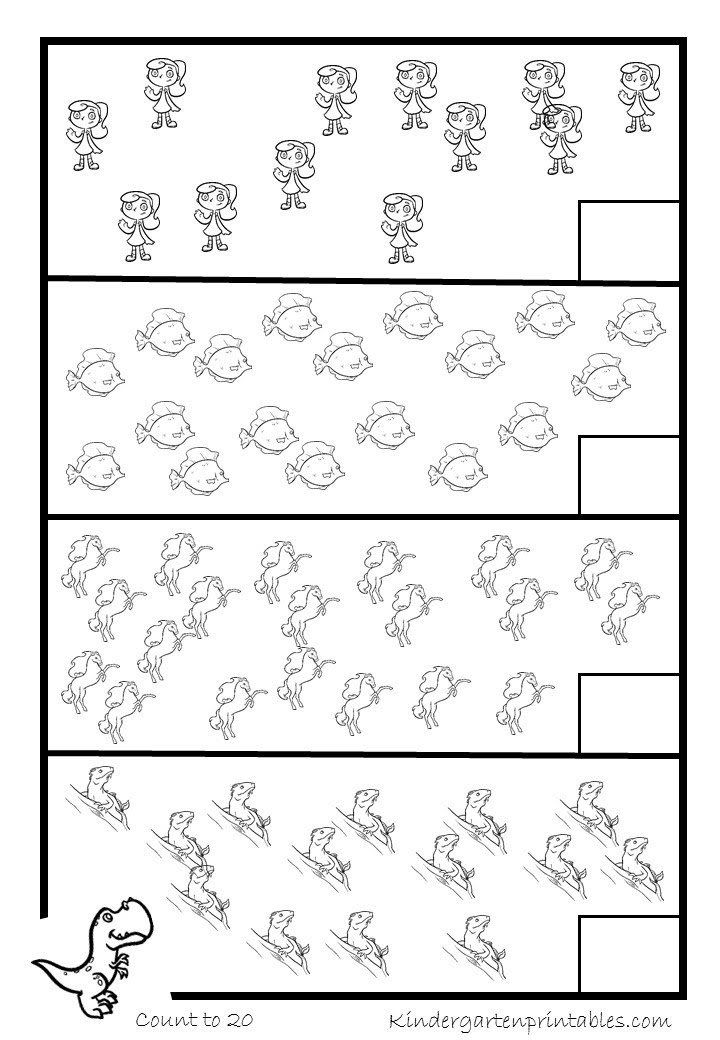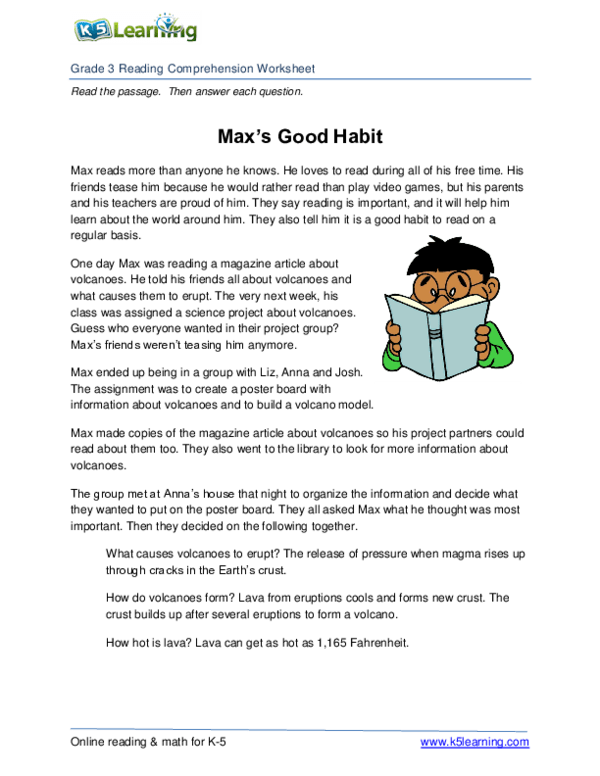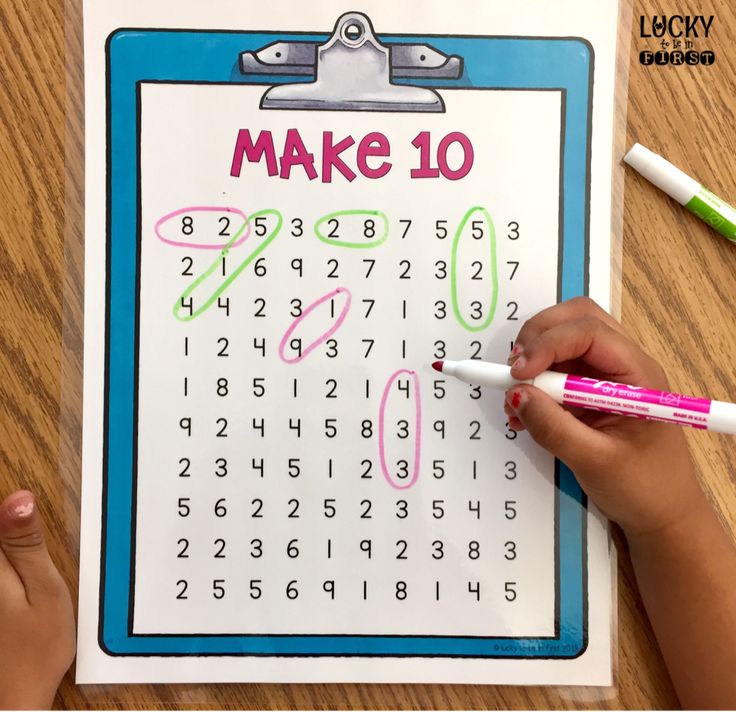Writing games 2nd grade
Writing Activities for Your Second Grader
Try these writing ideas at home
Write for a reason
Help your child see that we write for a specific purpose and audience. Here are some writing prompts to try:
- Have your child write instructions for taking care of the family pet. These will be useful as you plan your summer vacations!
- Make a shopping list before going to the grocery store.
- Write an online review of a book or an item you recently purchased or a recipe you tried.
- Talk about the presidential election and write a description of the kind of president you want.
- Find a picture in the newspaper and write an article to accompany it.
- Have your child start keeping a personal diary, a household guestbook, or a baby book for a younger sibling.
Make a journal jar
A journal doesn’t have to be a diary. It can also be a book where your child writes about ideas or answers questions, like “If you could do anything next summer, what would you choose?” A journal jar is a place to keep all those ideas and questions. Wash and decorate a wide-mouthed jar, like one that used to contain peanut butter. Then, write or print out journal prompts on slips of paper. Ask your child to pull out one prompt each day and write about it in her journal.
Play “tell me how”
In this activity your child pretends she’s writing to a space alien who doesn’t know anything about our culture. This alien does everything exactly as it’s said or written. Your child’s job is to choose an everyday task, like brushing her teeth or making a sandwich. Then, she needs to write step-by-step directions about how to do the task for the alien. When she’s done, you get to be the alien and try to follow the steps exactly as she wrote them. She may be surprised at what she left out!
Play a writing game
This turn-taking writing game is based on a classic kids’ book by Remy Charlip called Fortunately. In it, something lucky happens and then something unlucky happens. Each event is introduced by either the word “fortunately” or the word “unfortunately.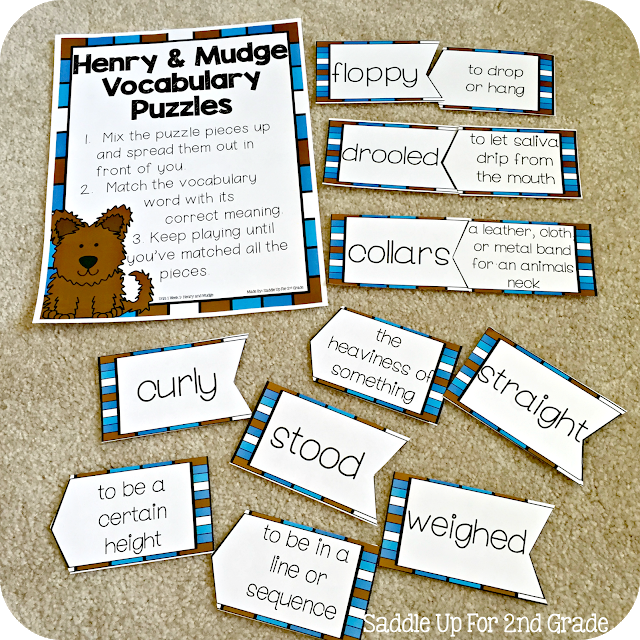 ” To play, take a piece of paper and write a sentence beginning with “Fortunately,” such as “Fortunately it was a sunny day. I wanted to play outside.” Pass the paper to the next player, who will add an “unfortunately” sentence, such as “Unfortunately, I had to clean my room.” Keep going until the story is too silly to continue.
” To play, take a piece of paper and write a sentence beginning with “Fortunately,” such as “Fortunately it was a sunny day. I wanted to play outside.” Pass the paper to the next player, who will add an “unfortunately” sentence, such as “Unfortunately, I had to clean my room.” Keep going until the story is too silly to continue.
Family letters
Help your child write letters to relatives and friends. These may include thank you notes or just a special note to say hello. Be sure to send your child a letter or card once in awhile too so that she is reminded of how special it is to get a letter in the mail. And consider finding a pen pal for your child.
Family stories
Ask your child to interview a family member about his or her life. Encourage your child to write a short biography, and include a photo or drawing, and a meaningful quote from the relative. Your child may want to share it with family members.
Reader's theater
Encourage your child to read her stories out loud.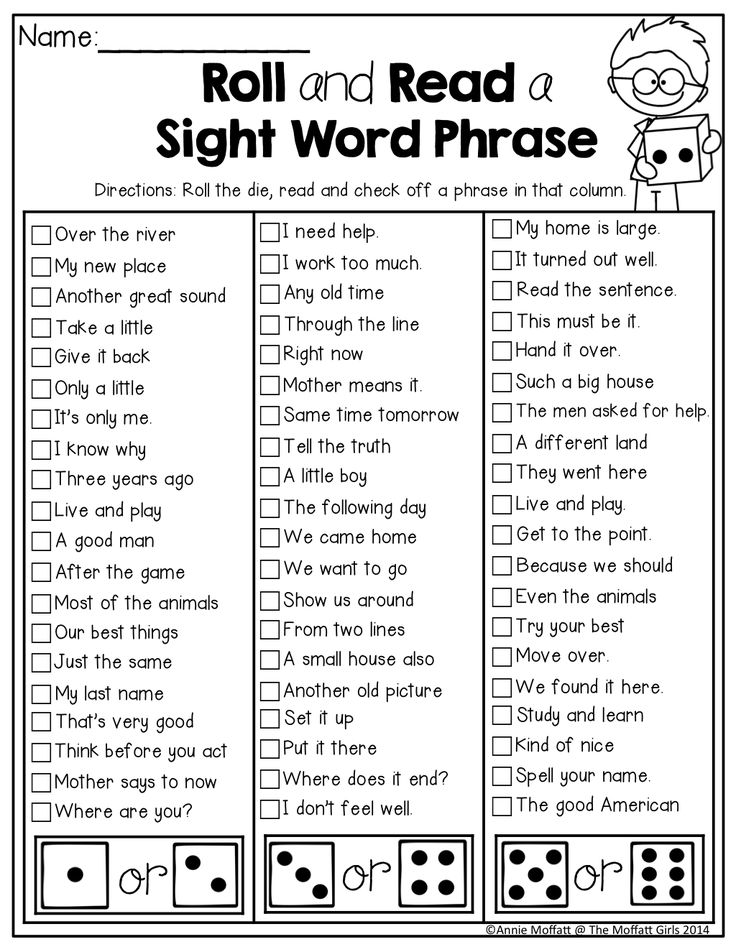 Listen carefully with patience, and give positive feedback about her ideas and her writing!
Listen carefully with patience, and give positive feedback about her ideas and her writing!
Bookmaker
Turn your child's writing into books. Paste her drawings and writings on pieces of construction paper. For each book, make a cover out of heavier paper or cardboard, and add special art, a title, and her name as author. Punch holes in the pages and cover, and bind the book together with yarn or ribbon.
Field notes
Encourage your child to take notes on trips or outings, and to describe what she saw, using all of her senses. This could include a description of a walk outside, a ride in a car or a bus, or other events that lend themselves to note taking.
Young reporter
Encourage your child to take notes on trips or outings, and to describe what she saw. This could include a description of nature walks, a boat ride, a car trip, or other events that lend themselves to note-taking.
Writing to remember
If your child likes a particular song, suggest that she learn the words by writing them down.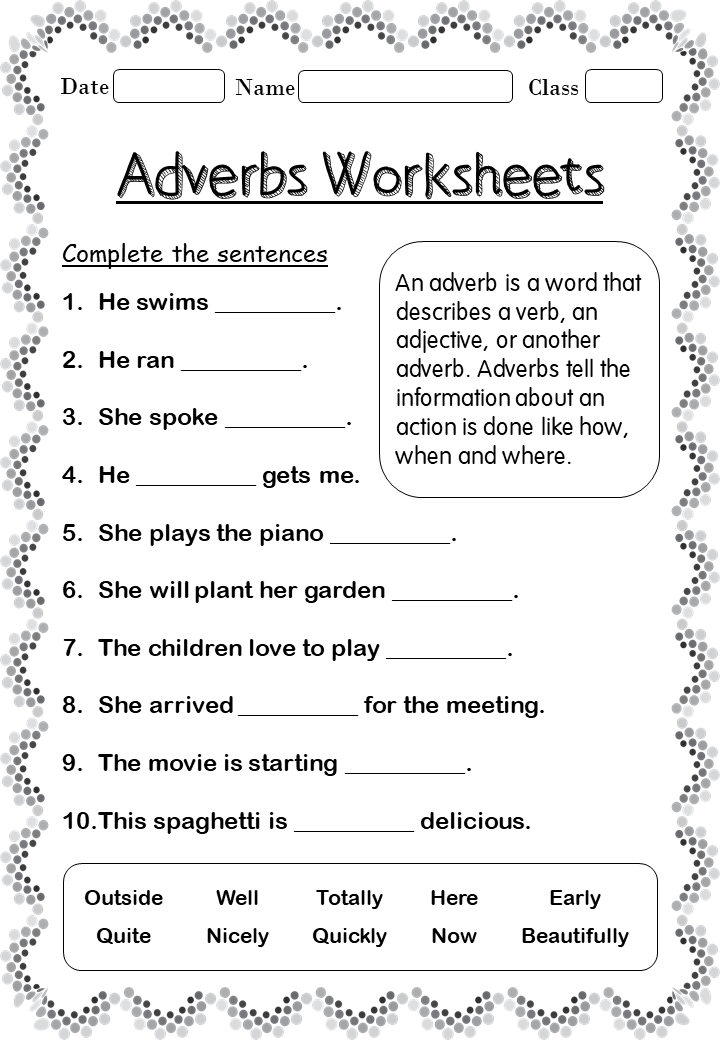 Also encourage copying favorite poems or quotations from books and plays.
Also encourage copying favorite poems or quotations from books and plays.
Play a game with pictures
Photos and images are great story sparkers. Do a web search and find a few interesting images. Or cut out pictures from magazines. The pictures can be realistic, such as a photo of students on a playground. Or they can be fantastical images, such as a superhero flying in space. Glue a couple images into a notebook. Then ask your child to write about one of them. You can prompt her, asking her to include what she sees, what the people are thinking, what will happen next—or just let her imagination run free.
Make an “I can” book
As your child learns to write, she’ll also be learning other new skills. Making an “I Can” book will let her practice writing skills and keep track of her other accomplishments. Staple together a bunch of blank sheets of paper to make a book. As your child reaches a new milestone, such as learning to tie her shoes or hit a baseball, she can draw a picture on a new page of the book.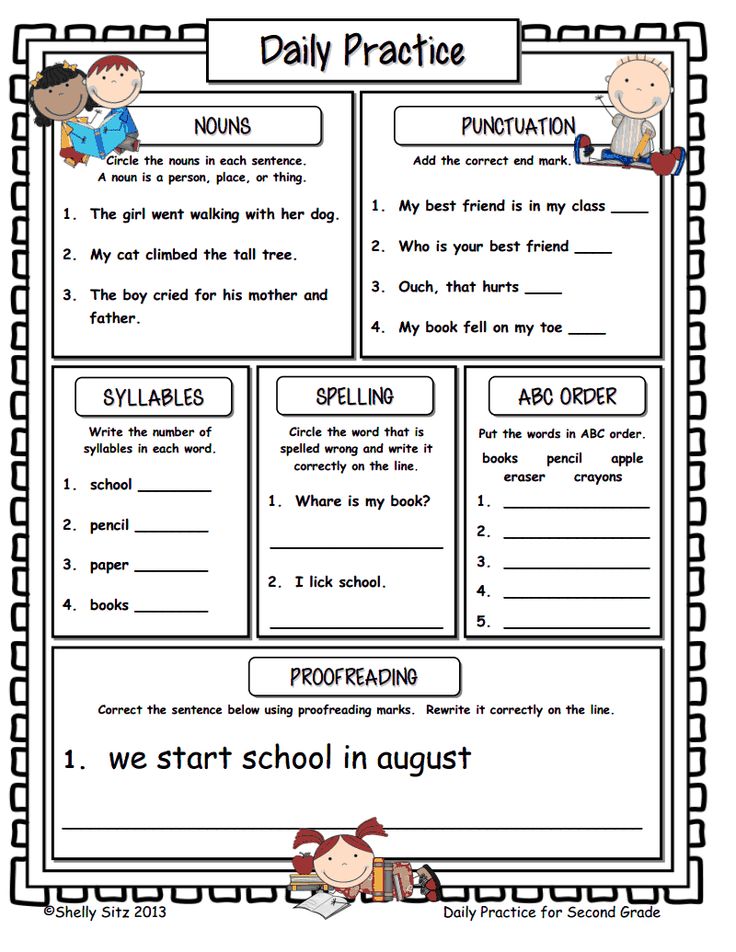 Younger kids can then write, “I can tie my shoes.” Older kids can write a few sentences about what they’ve accomplished.
Younger kids can then write, “I can tie my shoes.” Older kids can write a few sentences about what they’ve accomplished.
Create a family scrapbook
A family scrapbook is a great way to save memories and jump-start your child’s writing. Use an inexpensive photo album to keep souvenirs of things you do together. This can include photos, ticket stubs, and found objects, like pretty leaves. Your child can begin by writing the date and a line about where you were and what you did. Then, you can work together to write a more detailed summary. Don’t forget to include funny or even annoying moments!
Fostering a love of writing at home
This video is from Home Reading Helper, a resource for parents to elevate children’s reading at home provided by Read Charlotte. Find more video, parent activities, printables, and other resources at Home Reading Helper.
Writing poems
Teacher Lynn Reichle and her second-grade students go on a writing adventure called the Writers' Workshop. (From Writing and Spelling, part of our PBS Launching Young Readers series.)
More writing resources
Writing Games for 2nd Graders Online
Writing Games for 2nd Graders Online - SplashLearnFilter
GRADE
CONTENT TYPE
- Writing (20)
- Writing Sight Words (20)
- Reading (385)
- Phonics (85)
- Rhyming Words (6)
- Diphthongs (4)
- Three Letter Blends (5)
- Reading Words (60)
- Blending (60)
- Words With Trigraphs (28)
- Words With Three Letter Blends (14)
- Words With Diphthongs (18)
- Trigraphs (10)
- Sight Words (300)
- All Sight Words (300)
- Dolch Sight Words (93)
- Fry Sight Words (123)
- Multiplication (14)
- Introduction to Multiplication (14)
- Arrays (7)
- Equal Groups (7)
- Geometry (13)
- Shapes (13)
- 2d Shapes (13)
- Partition 2D Shapes (4)
- Partition into equal parts (4)
- Halves, Thirds, and Fourths (4)
- Time (16)
- AM and PM (2)
- Time in Quarter Hours (7)
- Time to the Nearest 5 Minutes (7)
- Word Problems (21)
- Addition and Subtraction Word Problems (18)
- Addition Word Problems (10)
- Addition Word Problems within 100 (5)
- Add to Compare Word Problems (5)
- Subtraction Word Problems (8)
- Money Word Problems (3)
- Subtraction (88)
- Subtraction Facts (7)
- Fluently Subtract within 20 (7)
- Subtraction With Regrouping (17)
- Subtract within 100 with Regrouping (8)
- Subtract within 1000 with Regrouping (9)
- Subtraction Strategies (21)
- Subtraction Strategies within 100 (3)
- Subtraction Strategies within 1000 (4)
- Subtraction Strategies within 20 (16)
- Count Back Strategy within 20 (4)
- Relate Addition and Subtraction within 20 (3)
- Doubles and Near Doubles Strategy to Subtract (4)
- Subtract from 10 Strategy (2)
- Subtraction Without Regrouping (43)
- Subtract within 100 without Regrouping (15)
- Subtract within 1000 without Regrouping (28)
- Measurement (33)
- Data Handling (23)
- Organize and Interpret Data (23)
- Organize data in bar graphs (4)
- Organize data in line plots (3)
- Organize data in picture graphs (3)
- Interpret data in bar graphs (3)
- Interpret data in line plots (6)
- Interpret data in picture graphs (4)
- Length (10)
- Estimate Lengths (4)
- Money (28)
- Operations With Money (5)
- Counting Money (28)
- Compare Money (4)
- Count Money with Coins (19)
- Penny, Nickel, and Dime (10)
- Quarters and Half Dollar (9)
- Number Sense (53)
- Counting (17)
- Compare and Order Numbers (12)
- Compare Numbers (7)
- Order Numbers (5)
- Skip Counting (24)
- Skip Count by 2 (6)
- Skip Count by 5 (7)
- Skip Count by 10 (8)
- Skip Count by 100 (3)
- Even and Odd Numbers (4)
- Place Value (13)
- Identify the Place of a Digit (4)
- Read and Write Numbers (9)
- Expanded Form (3)
- 3-Digit Numbers in Expanded Form (3)
- Standard Form (3)
- 3-Digit Numbers in Standard Form (3)
- Unit Form (2)
- 3-Digit Numbers in Unit Form (2)
- Place Value Chart (1)
- 3-Digit Numbers on Place Value Chart (1)
- Addition (101)
- Addition Facts (5)
- Fluently Add within 20 (5)
- Addition With Regrouping (19)
- Add within 1000 with Regrouping (9)
- Regroup tens and add (3)
- Regroup ones and add (3)
- Regroup ones and tens and add (3)
- Add within 100 with Regrouping (10)
- Regroup and add 2-digit numbers (5)
- Regroup and add 2-digit number to 1-digit (5)
- Addition Without Regrouping (39)
- Add within 100 without Regrouping (11)
- Add 2-digit number to 1-digit (5)
- Add 2-digit number to 2-digit (6)
- Add within 1000 without Regrouping (28)
- Add two 3-digit numbers (6)
- Add 3-digit number to 2-digit (6)
- Add 100 to 3-digit numbers (5)
- Add 3-digit number to 1-digit (6)
- Add 10 to 3-digit numbers (5)
- Addition Strategies (32)
- Addition Strategies within 100 (4)
- Addition Strategies within 1000 (11)
- Add using multiples of 100 (7)
- Addition Strategies within 20 (19)
- Make 10 Strategy (4)
- Doubles and Near Doubles Strategy to Add (9)
- Count On Strategy (6)
- Introduction to Addition (6)
Writing Sight Words Games for 2nd Graders
View all 20 gamesWriting Sight Words
Learn to Write the Sight Words: world, old, start, well & work Game
Children must learn to write the sight words: world, old, well, start & work.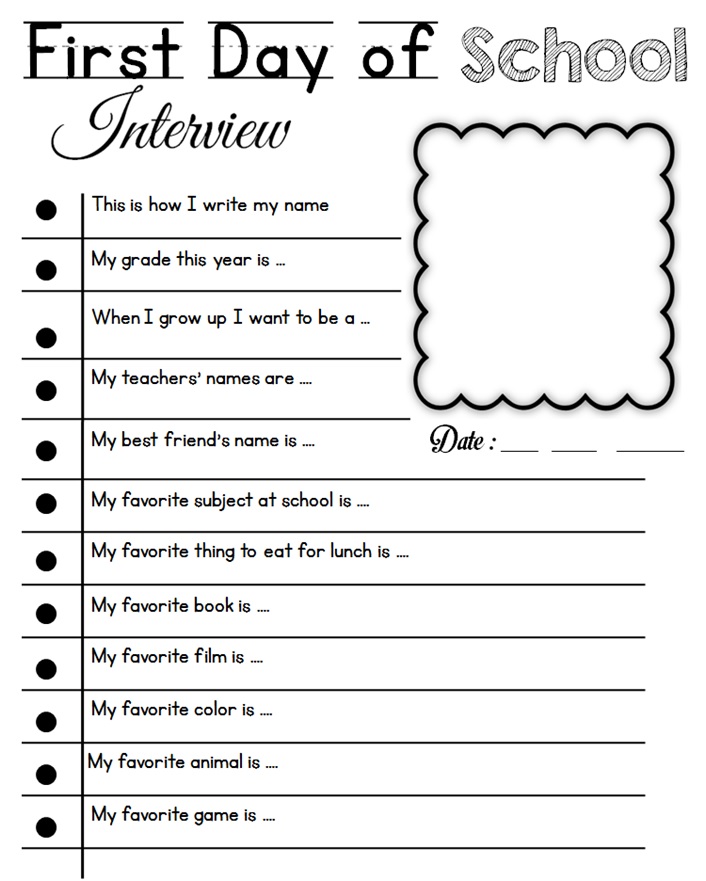
2 RF.2.3.F
VIEW DETAILS
Writing Sight Words
Learn to Write the Sight Words: long, light, live, grow & people Game
Children must learn to write the sight words: long, light, live, grow & people.
2 RF.2.3.F
VIEW DETAILS
Writing Sight Words
Learn to Write the Sight Words: night, near, along, took & across Game
Children must learn to write the sight words: night, near, along, took & across.
2 RF.2.3.F
VIEW DETAILS
Writing Sight Words
Learn to Write the Sight Words: called, below, done, sleep & home Game
Children must learn to write the sight words: called, below, done, sleep & home.
2 RF.2.3.F
VIEW DETAILS
All Writing Games for 2nd Graders
Writing Sight Words
Learn to Write the Sight Words: world, old, start, well & work Game
Children must learn to write the sight words: world, old, well, start & work.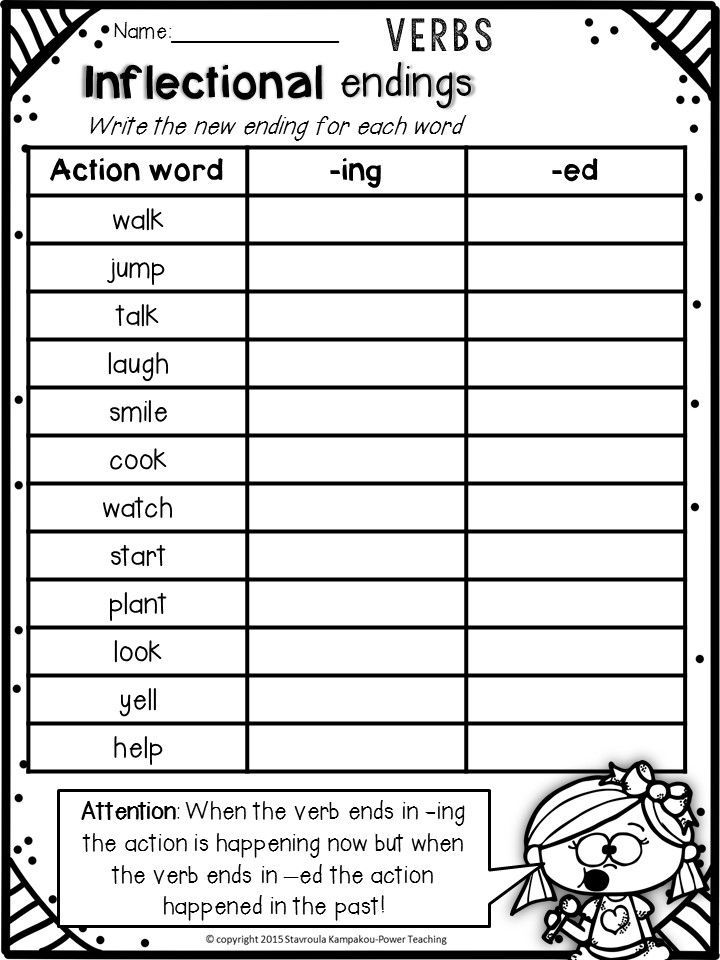
2 RF.2.3.F
VIEW DETAILS
Writing Sight Words
Learn to Write the Sight Words: long, light, live, grow & people Game
Children must learn to write the sight words: long, light, live, grow & people.
2 RF.2.3.F
VIEW DETAILS
Writing Sight Words
Learn to Write the Sight Words: night, near, along, took & across Game
Children must learn to write the sight words: night, near, along, took & across.
2 RF.2.3.F
VIEW DETAILS
Writing Sight Words
Learn to Write the Sight Words: called, below, done, sleep & home Game
Children must learn to write the sight words: called, below, done, sleep & home.
2 RF.2.3.F
VIEW DETAILS
Writing Sight Words
Learn to Write the Sight Words: show, fast, carry, today, always Game
Children must learn to write the sight words: show, fast, carry, today & always.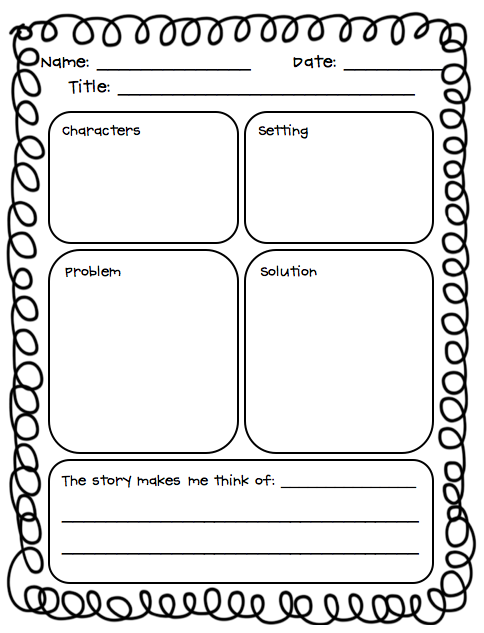
2 RF.2.3.F
VIEW DETAILS
Writing Sight Words
Learn to Write the Sight Words: own, tomorrow, far, pick & never Game
Children must learn to write the sight words: own, tomorrow, far, pick & never.
2 RF.2.3.F
VIEW DETAILS
Writing Sight Words
Learn to Write the Sight Words: gave, keep, kind, last & open Game
Children must learn to write the sight words: gave, keep, kind, last & open.
2 RF.2.3.F
VIEW DETAILS
Writing Sight Words
Learn to Write the Sight Words: different, wash, begin & best Game
Children must learn to write the sight words: different, wash, begin & best.
2 RF.2.3.F
VIEW DETAILS
Writing Sight Words
Learn to Write the Sight Words: cold, field, watch, being & toward Game
Learn to write the sight words: cold, field, watch, being & toward.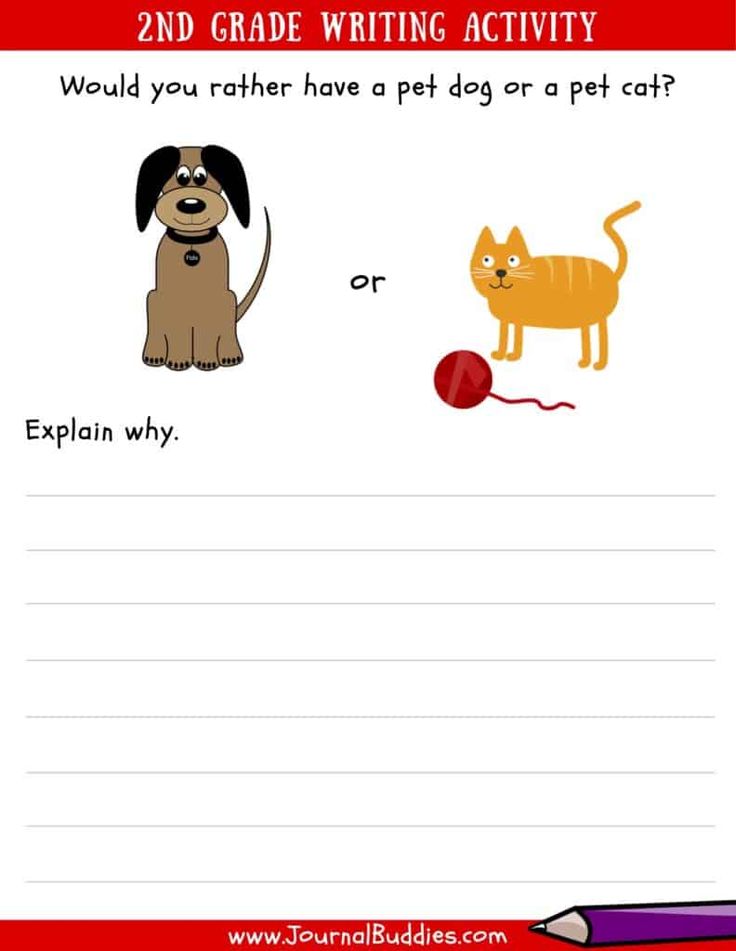
2 RF.2.3.F
VIEW DETAILS
Writing Sight Words
Learn to Write the Sight Words: clean, soon, better, shall, myself Game
Learn to write the sight words: clean, soon, better, shall, myself.
2 RF.2.3.F
VIEW DETAILS
Writing Sight Words
Learn to Write the Sight Words: father, land, hold & until Game
Children must learn to write the sight words: father, land, hold & until.
2 RF.2.3.F
VIEW DETAILS
Writing Sight Words
Learn to Write the Sight Words: strong, bring, Saturday & draw Game
Children must learn to write the sight words: strong, bring, Saturday & draw.
2 RF.2.3.F
VIEW DETAILS
Writing Sight Words
Learn to Write the Sight Words: such, part, fall, above & warm Game
Children must learn to write the sight words: such, part, fall, above & warm.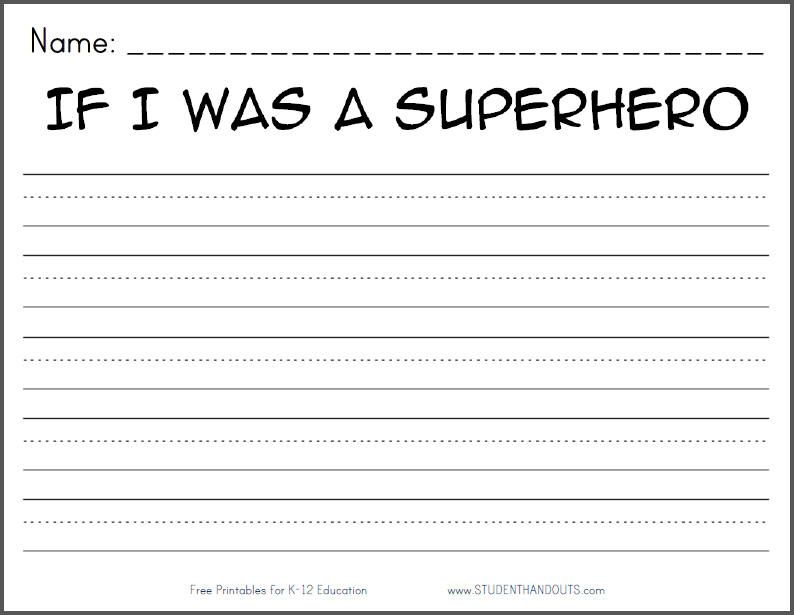
2 RF.2.3.F
VIEW DETAILS
Writing Sight Words
Learn to Write the Sight Words: hear, left & thank Game
Children must learn to write the sight words: hear, left & thank.
2 RF.2.3.F
VIEW DETAILS
Writing Sight Words
Learn to Write the Sight Words: round, happy, beautiful, close & talk Game
Learn to write the sight words: round, happy, beautiful, close & talk.
2 RF.2.3.F
VIEW DETAILS
Writing Sight Words
Learn to Write the Sight Words: while, tree, inside & might Game
Children must learn to write the sight words: while, tree, inside & might.
2 RF.2.3.F
VIEW DETAILS
Writing Sight Words
Learn to Write the Sight Words: year, hour, street & earth Game
Children must learn to write the sight words: year, hour, street & earth.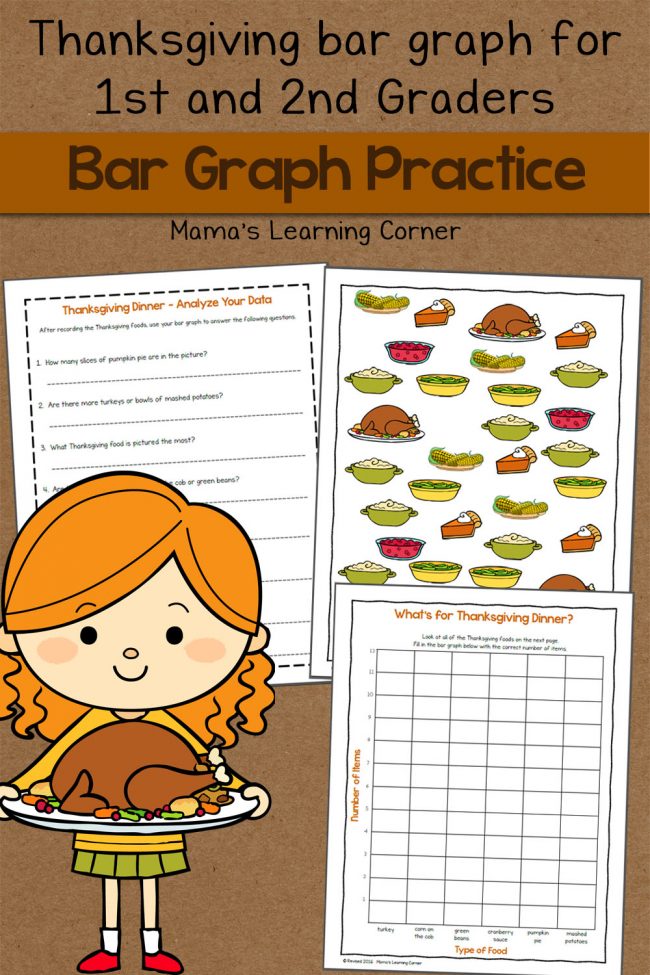
2 RF.2.3.F
VIEW DETAILS
Writing Sight Words
Learn to Write the Sight Words: need, river, fly, almost & able Game
Children must learn to write the sight words: need, river, fly, almost & able.
2 RF.2.3.F
VIEW DETAILS
Writing Sight Words
Learn to Write the Sight Words: next, yesterday, family & began Game
Children must learn to write the sight words: next, yesterday, family & began.
2 RF.2.3.F
VIEW DETAILS
Writing Sight Words
Learn to Write the Sight Words: river, behind & among Game
Children must learn to write the sight words: river, behind & among.
2 RF.2.3.F
VIEW DETAILS
Develop a Solid FoundationHelp your child develop a solid foundation for writing right from the start.
 Devising creative ideas that are fun yet ensure learning at the same time can be a tricky task. SplashLearn can make writing a breeze for 2nd graders.
Devising creative ideas that are fun yet ensure learning at the same time can be a tricky task. SplashLearn can make writing a breeze for 2nd graders. Writing Skills For Your 2nd Grader
The intensity of writing activities increases drastically from 2nd grade, and with all those complex words tumbling in, your child may find it hard to keep up with all the skills and activities being taught. Here are a few things that your little one needs to be acquainted with.
1. Writing on a topic: A second grader may be, at times, instructed to write a detailed paragraph or description on a particular topic and not just a few words, like in lower grades, anymore. Students are also taught how to express their opinions in a structured manner with some necessary examples.
2. Revision and editing: The piece of work that a child writes has to be edited, revised, and re-edited by the student if any changes are required. The practice of revising the subject matter will help a student in polishing his/her writing.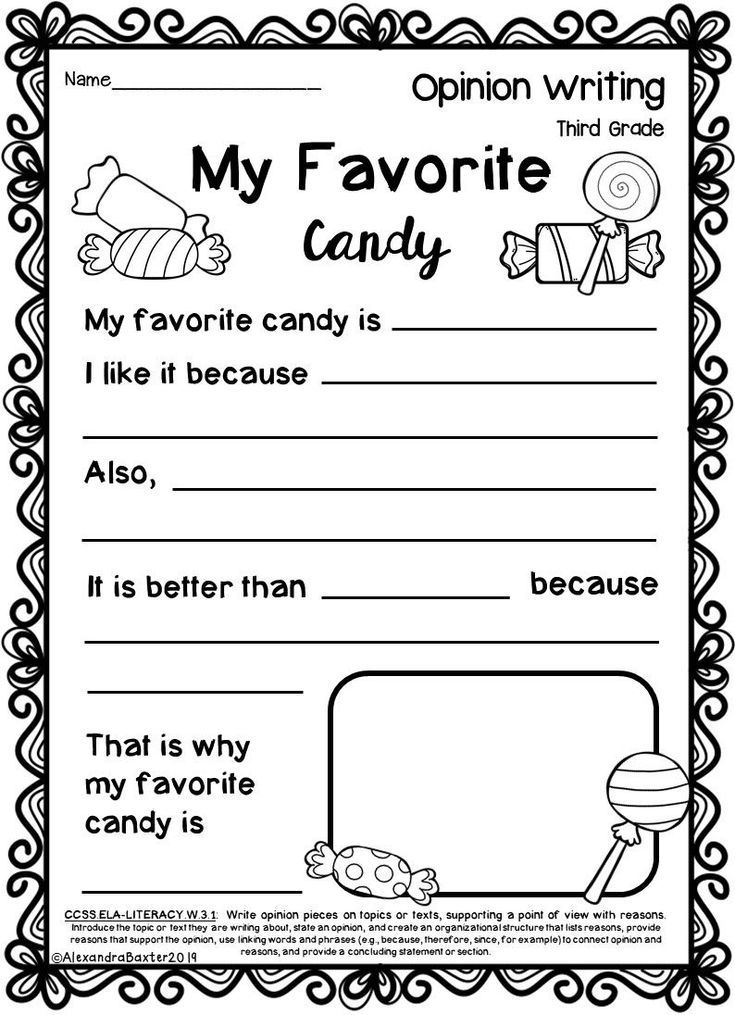
3. Use digital audio-visual aids: Children learn better when subjected to interactive and colorful learning aids. These digital tools keep a child engaged and eases the process of learning for them.
Choose among the games available on SplashLearn to enhance your child’s love for writing.
Learn To Write The Sight Words: World, Old, Start, Well & WorkThis fun game is a great way to make kids practice the regular coursework without it being mundane. This enjoyable game helps the students write sight words. The player has to walk around and rearrange the given letters correctly to make them valid. For example, the first word is written as O, R, L, D, W. The player has to rearrange them to make the appropriate word, i.e., World.
The game consists of five words that have to be rearranged correctly. This game helps make little kids practice the different words and their spelling as well.
These sight words make up 50-75% of any literature text. Getting well acquainted with these sight words will help your kid strengthen their reading fluency and comprehension skills.
Getting well acquainted with these sight words will help your kid strengthen their reading fluency and comprehension skills.
The audio-visual learning aid helps the 2nd grader identify different words and place them in the correct sequence.
Game-Based Learning Curriculum
These different educational games are not just interactive and enjoyable, but they also focus on enhancing your child’s knowledge base. All the writing games build a foundation for your child and help maintain the pace when it comes to learning important things such as sight words.
SplashLearn offers all these fun games and activities online, easily accessed by signing up. Parents, as well as teachers, can take up all these activities to keep their students engaged. Make your child participate in these games and let them fearlessly explore and learn new concepts on their own.
Parent Involvement in Activities
Family is the most influential part of a little one’s life, which plays an essential role in building a foundation for learning.
Make writing fun for your child by helping them start a routine of making a journal or a daily diary entry. Your kid can write about their favorite events, a memory that they cherish, or anything else that they feel special about in that journal.
Conclusion
Writing is one of the most significant parts of your little one’s education and development process. A comprehensive platform that uses interactive games, rewards, and fun activities is a great way to keep your child on track when it comes to learning. Cover all the necessary bases and help your child in mastering their writing skills by signing up at SplashLearn.
Is there something we missed out? Write to us at [email protected] with your feedback and comments. We love to hear from you and improve the learning experience for your kids
Try SplashLearn for Free
10 paper games - Let's play together! — LiveJournal
In our childhood there were a lot of different games, most of them we just kept in our heads, the rules were passed on to each other during the game.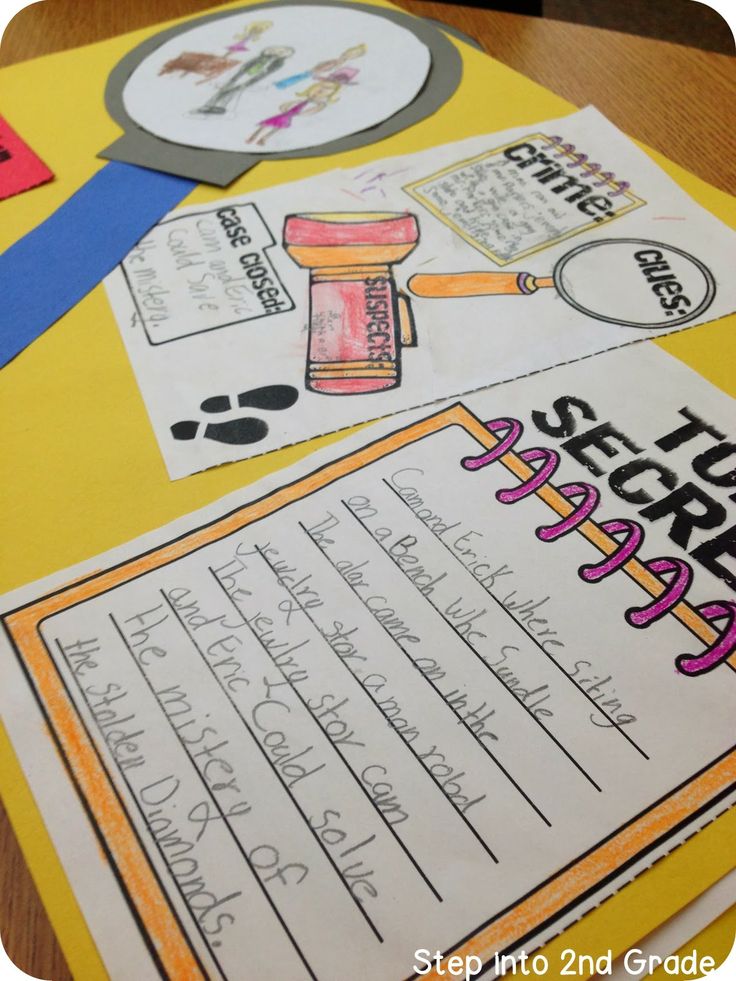 Many of these games were played with just a pair of pencils or pens and a piece of paper.
Many of these games were played with just a pair of pencils or pens and a piece of paper.
Paper games can safely be called the most intelligent and developing. And now they are forgotten quite undeservedly. It is worth teaching children to play these games, and they can always be occupied on a long road or in rainy weather at home and in the country.
1. Tic-tac-toe
This is the most famous of these games. For her, paper is not always needed, just a foggy window pane in a minibus or a couple of twigs and sand underfoot ...
A playing field is drawn 3 by 3 cells (9 cells in total). Players take turns making moves by placing a cross or a zero in an empty cell. Purpose of the game: to build a line of 3 crosses or zeroes horizontally, vertically or diagonally. It is extremely difficult to win in this game, basically the game comes down to a draw and more than one game is played.
But still there are certain combinations of moves that lead to victory.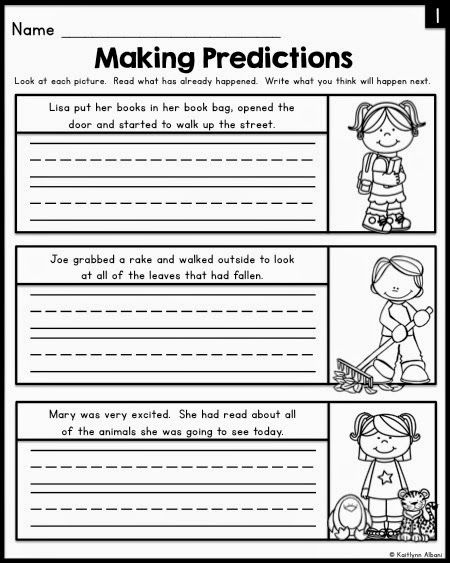 ))
))
When you get tired of playing on a small field, you can increase the field or not limit it at all. On such a field, players take turns making moves until someone manages to line up a line of five characters horizontally, vertically or diagonally.
2. Battleship
This is one of the most favorite games of our childhood. ))
I think everyone remembers the rules. And for those who do not remember, we will remind. This game is for two.
The goal of the game is to sink all enemy ships. Ships are located on 2 square fields measuring 10 by 10 cells. You place ships on your field and the enemy strikes at them. And on the other field, the enemy has his ships. Each player has an equal number of ships - 10 pieces:
Single-deck (1-cell size) 4 pieces
Double-deck (2-cell size) 3 pieces
Three-deck (3-cell size) 2 pieces
Four-deck (4-cell size) 1 piece
When placing ships on the field, it must be taken into account that there must be at least one empty cell between them; ships cannot be placed close to each other.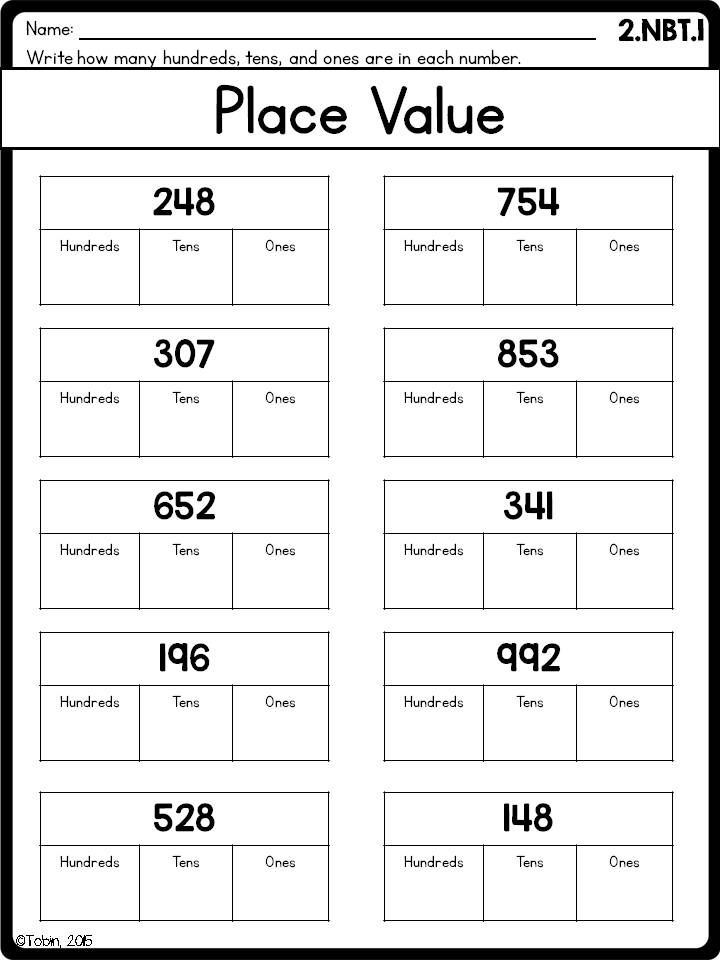
During his turn, the player selects a cell on the opponent's field and "shoots", calling its coordinates "a1", for example. At the same time, he marks his move on his additional field. If you sank the enemy ship, then the opponent must say “killed”, if you wounded the ship (that is, you hit a ship with more than one deck), then the opponent must say “wounded”. If you hit the opponent's ship, you continue to "shoot".
The game ends when all ships of one of the players are "sunk".
3. Tanchiki
The game requires an A4 sheet folded in half (you can also take any exercise book sheet). Two players draw 10 tanks each on their own half of the sheet. Having finished the alignment of forces, the players begin to “shell” each other in this way: the shot is drawn in their own half of the field, then the sheet is folded in the middle and the shot, visible through the light, is marked in the second half of the field. If the shot hit the tank, then it is considered "knocked out" and one more additional shot is needed to destroy it.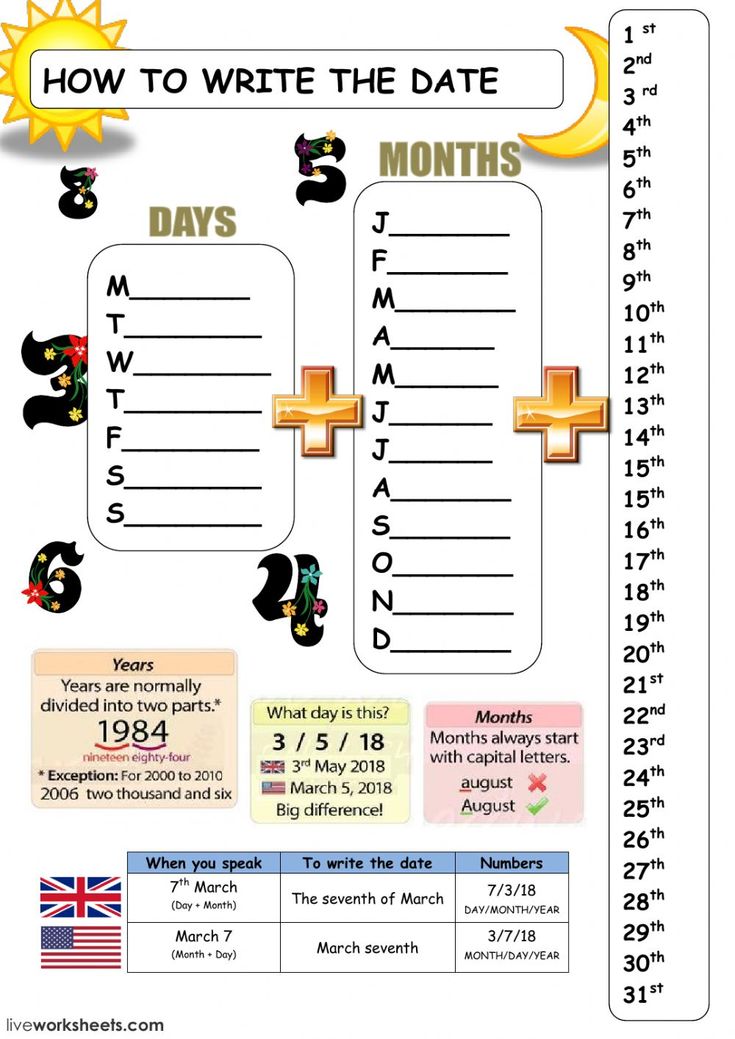 If the player hit the tank directly, then one shot is enough.
If the player hit the tank directly, then one shot is enough.
Each successful shot entitles the player to the next shot. To complicate the game, you can introduce a ban on the next shot at a freshly knocked out tank.
4. Hands
Even small children who are already familiar with numbers can play this game.
It will help you learn how to quickly navigate the numbers and concentrate.
For the game you will need two sheets of paper in a cage, on each sheet the player circles his palm. Now, in the space bounded by the drawing, numbers from 1 to ... are randomly arranged here. Here you need to agree in advance. Next, the game begins. One player calls an arbitrary number, while the other tries to find this number on his palm, while the first player quickly puts crosses in the cells on his sheet, starting from the top left cell. The winner is the one who quickly fills all the cells of his field with crosses.
5. Points and lines.
The conditions of this game on paper are simple: let's put a few dots on a sheet of paper (at least 8, and preferably at least 15).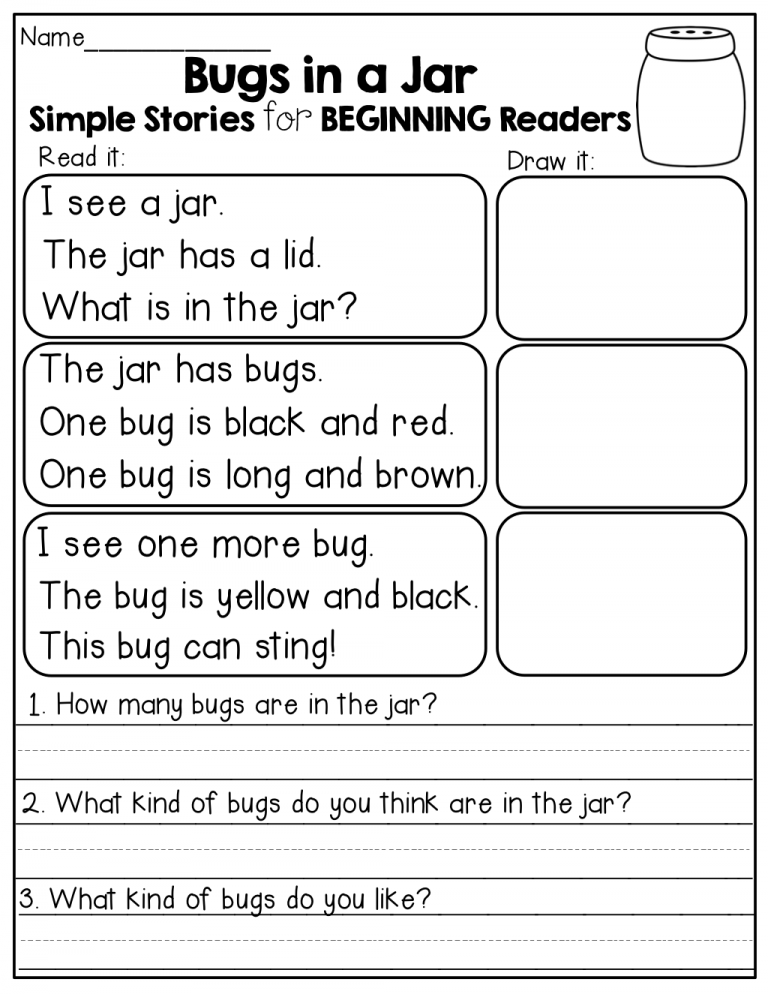 Two players play by connecting any two points in turn with a line segment. You cannot capture the 3rd point, and each point can be the end of only one segment. The segments must not intersect. The one who cannot make a move loses.
Two players play by connecting any two points in turn with a line segment. You cannot capture the 3rd point, and each point can be the end of only one segment. The segments must not intersect. The one who cannot make a move loses.
In the figures you can see the correct connection of the dots.
and wrong
6. Dots
We played this game at the institute during boring lectures. It develops tactical and strategic thinking.
The playing field is an ordinary sheet of paper in a box, if there is a lot of time and patience, you can play on a whole notebook spread. The playing field can be circled with a line and forbid by the rules to put dots on this border. Each player must have a pen or pencil of their own color. Players take turns putting dots in random places at the intersection of cells.
The goal of the game is to capture as many paper possessions as possible. A territory is considered captured if it is surrounded by dots of its color.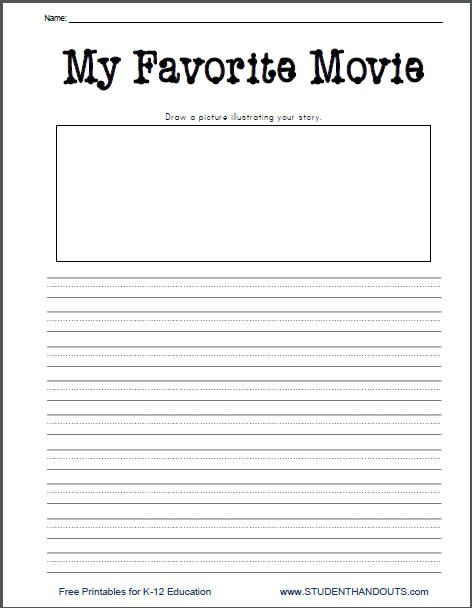 The dots must be spaced one cell apart horizontally, vertically, or diagonally. The captured territory is painted over with its own color or a fortress wall is drawn around it (thick line). If you managed to encircle the territory or points of the enemy with dots, they are yours. After such a capture, the player is granted the right of an extraordinary move. In some versions of the game, you can capture only those territories where there are already enemy fortifications. In others, any land is available to you, including free ones. Choose what you like best. At the end of the game, the size of the occupied lands is calculated and the winner is declared. Most often, there is no need to specifically count anything - the result is obvious.
The dots must be spaced one cell apart horizontally, vertically, or diagonally. The captured territory is painted over with its own color or a fortress wall is drawn around it (thick line). If you managed to encircle the territory or points of the enemy with dots, they are yours. After such a capture, the player is granted the right of an extraordinary move. In some versions of the game, you can capture only those territories where there are already enemy fortifications. In others, any land is available to you, including free ones. Choose what you like best. At the end of the game, the size of the occupied lands is calculated and the winner is declared. Most often, there is no need to specifically count anything - the result is obvious.
Can also be played with younger children. In this case, the playing field should be made quite small - a quarter of a notebook page or even less, and take paper with large cells.
7. Numbers
Did you play such a game on a notebook in a box at school or institute? We played half of the hostel.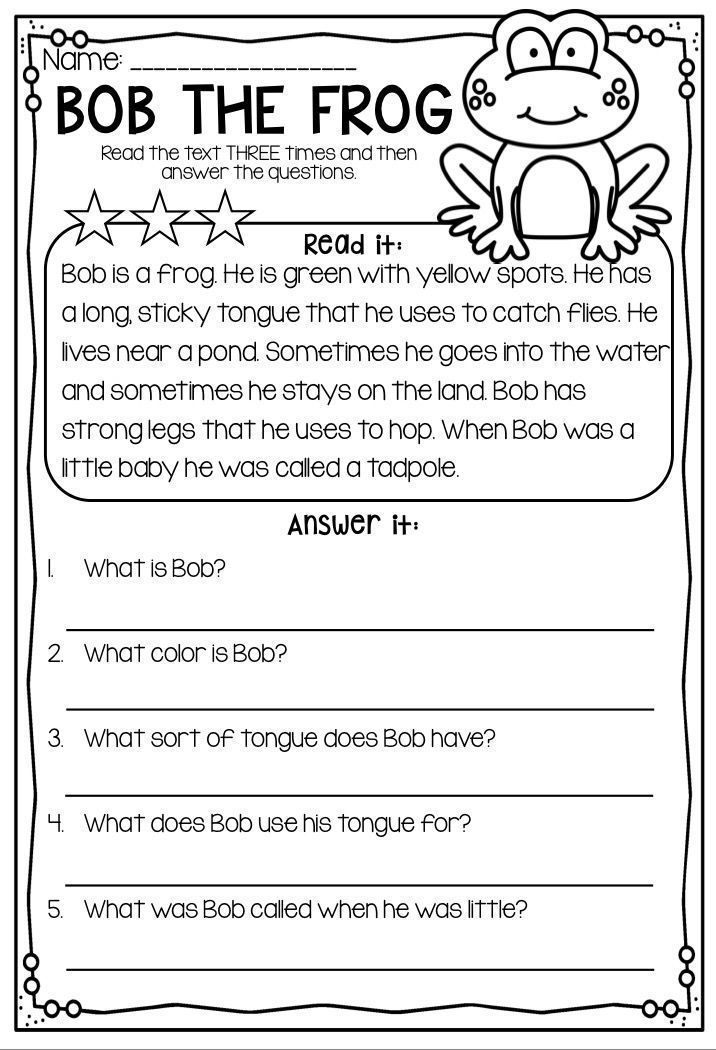 ))) I held on for a long time, but then I plunged into it with my head, but an hour home on the train flew by unnoticed.
))) I held on for a long time, but then I plunged into it with my head, but an hour home on the train flew by unnoticed.
It was called differently: numbers, numbers, seeds, 19, but the meaning of this did not change. You write out the numbers from 1 to 19 in a row, in a line up to 9, and then you start the next line, in each cell, 1 digit. Then you cross out paired numbers or giving a total of 10. One condition - the pairs must be next to or through the crossed out numbers horizontally or vertically. And after you have crossed out all possible pairs, you rewrite the remaining numbers at the end. The goal is to completely cross out all the numbers.
8. Hangman
A bit inhumane game, but still. As a child, we combined the yard game of Cossack robbers with the "gallows"!.
The meaning of this game is to guess the word by letter in a certain number of moves.
One player thinks of a word (simple and short to begin with). He writes his first and last letters, and instead of the missing letters we put dashes.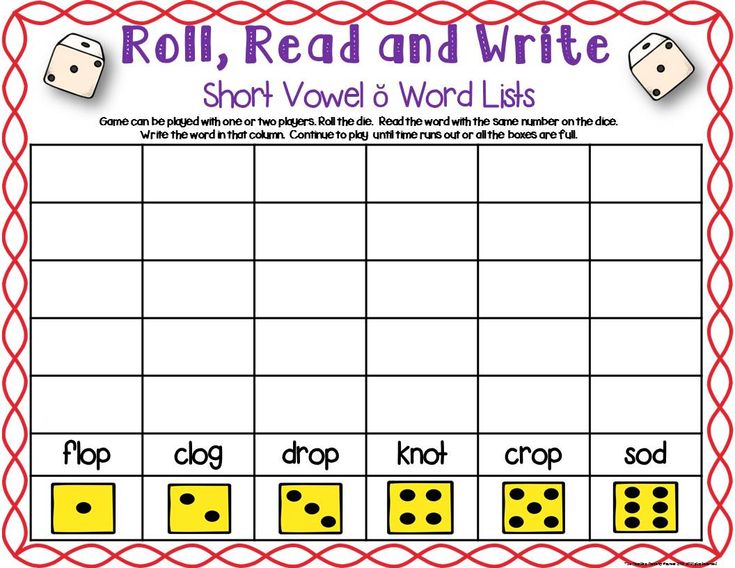 The task of the second player is to guess the hidden word. He names a letter. If this letter is in the word, we enter it in its place. If not, then we write the letter to the side so as not to repeat ourselves, and we begin to draw the "gallows" - a vertical line. With the next error - horizontal (it turns out something like the letter g). Then a rope, a loop, a man's head, a torso, arms and legs are drawn. For these several attempts, the player must guess the word. If it didn't work out, you lost. If he had time, it was his turn to think of a word.
The task of the second player is to guess the hidden word. He names a letter. If this letter is in the word, we enter it in its place. If not, then we write the letter to the side so as not to repeat ourselves, and we begin to draw the "gallows" - a vertical line. With the next error - horizontal (it turns out something like the letter g). Then a rope, a loop, a man's head, a torso, arms and legs are drawn. For these several attempts, the player must guess the word. If it didn't work out, you lost. If he had time, it was his turn to think of a word.
9. Balda
Another game with words. Here you can play with two, three or even one.
A square playing field with 5x5 cells is drawn on a sheet of paper, for example. In the middle row we write a word of five letters. Players take turns making moves. In one move, a letter is entered into a free cell in such a way that a new word is formed each time. Words can be read in any direction except diagonal. For each word, the player receives as many points as there are letters in the word.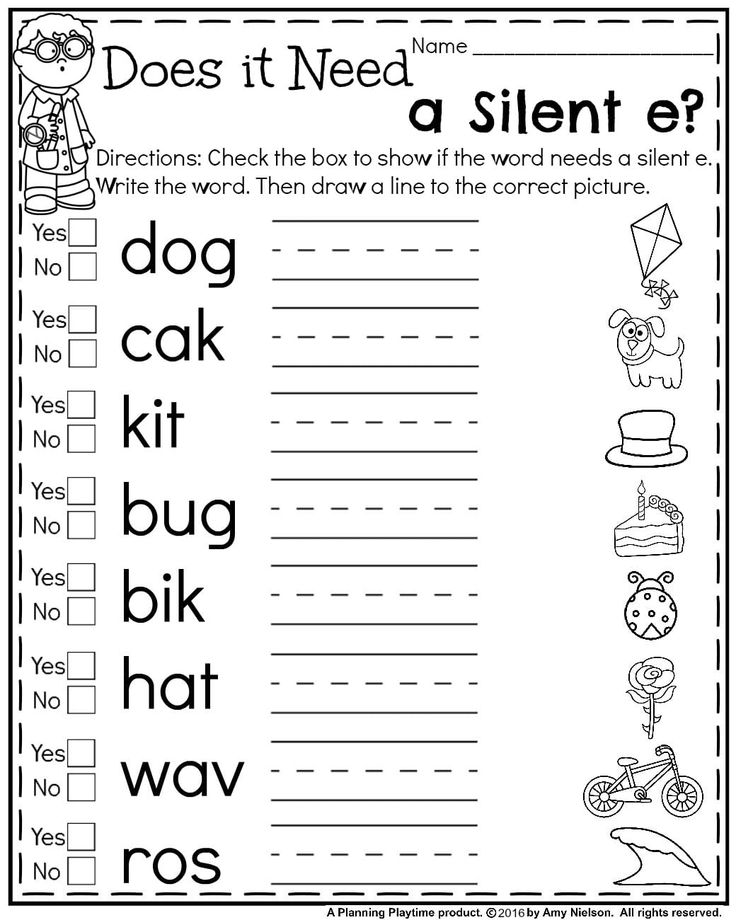 Words are written on the side of the field so that other players do not repeat them. The game ends when all the cells are filled with letters or none of the players can come up with a new word. After that, the number of points is calculated. Whoever has the most wins.
Words are written on the side of the field so that other players do not repeat them. The game ends when all the cells are filled with letters or none of the players can come up with a new word. After that, the number of points is calculated. Whoever has the most wins.
10. Dots and squares
Game for two players. You will need a sheet of paper, preferably in a cage, and a pair of pens in different colors.
On a piece of paper, a playing field is drawn in size from 3 * 3 squares, and more (up to 9 * 9), depending on the level of the players.
The essence of the game: players take turns drawing lines one cell long, trying to create squares of 1 by 1 inside the field. If your line has become the final one in the square, put your sign in it and get the right to an additional move. The moves continue until you put a line that does not close any square. The game ends when the entire field is filled. After that, the number of squares closed by each player is counted and the winner is announced.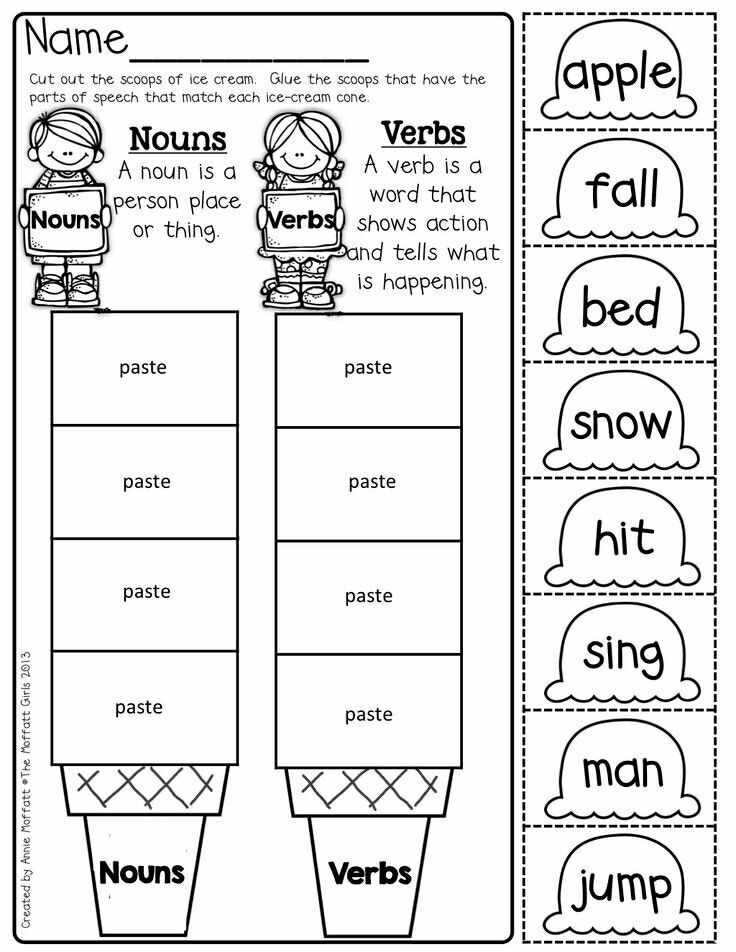
For all its simplicity, a game with a twist. Here you can calculate the moves ahead and try to put your opponent in a disadvantageous position, forcing him to make an uncomfortable move.
What games did you play? Share with us the "paper" games of your childhood!
Tags: For preschoolers, For schoolchildren, M&D, Strategy games
Word games • Arzamas
You have Javascript disabled. Please change your browser settings.
Children's room ArzamasMaterialsMaterials
Arzamas for classes with schoolchildren! A selection of materials for teachers and parents
Everything you can do in an online lesson or just for fun
Cartoons are festival winners. Part 2
Fairy tales, parables, experiments and absurdity
Guide to Yasnaya Polyana
Leo Tolstoy's favorite bench, greenhouse, stable and other places of the museum-estate of the writer that are worth seeing with children
Oberiut children's poems
Kharms, Vvedensky, Zabolotsky and Vladimirov about cats, tigers, fishermen and a boy named Petya
Migrants: how to fight for your rights with the help of music
Hip-hop, carnival and other non-obvious talking drums ways
Old records: fairy tales of the peoples of the world
We listen and analyze Japanese, Italian, Scandinavian and Russian fairy tales
Video: the ISS commander asks a scientist about space
Lecture at an altitude of 400 kilometers
How to make a movie
Horror, comedy and melodrama at home
The most unusual animation techniques
VR, cartoons of sunbeams, jelly and spices
Play the percussion instruments of the world and a drum, and gather your orchestra
How to put on a performance
Shadow theater, reading and other options for a home performance for children
Soviet puzzles
Solve children's puzzles 1920-70s
22 cartoons for the little ones
What to watch if you are under six
From "Wild Dog Dingo" to "Timur and his team"
What you need to know about the main Soviet books for children and teenagers
Guide to Children's Poetry of the 20th Century
From Agnia Barto to Mikhail Yasnov: Children's Poems in Russian
10 Artists' Books
Tracing paper pages are Milanese fog, and binding is the border between reality and fantasy
How to choose a modern children's book
"Like Pippi, only about love": explaining new books through old ones
Word games
"Hat", "telegrams", "MPS" and other old and new games
Games from classic books
What the heroes of the works of Nabokov, Lindgren and Milne play
Plasticine animation: the Russian school
From Plasticine Crow to Plasticine Sausage
Cartoons - winners of festivals
Brave Mom, My Strange Grandpa, A Very Lonely Rooster and others
Non-fiction for children
How the heart of a whale beats, what's inside the rocket and who plays the didgeridoo - 60 books about the world around
Guide to foreign popular music
200 artists, 20 genres and 1000 songs that will help you understand the music of the 1950s-2000s
Cartoons based on poems
Poems by Chukovsky, Kharms, Gippius and Yasnov in Russian animation
Home games
Shadow theater, crafts and paper puppets from children's books and magazines of the 19th–20th centuries
Books for the little ones
Modern literature from 0 to 5: read, look at, learn
Puppet animation: Russian school 9003
Crow in Love, Devil No.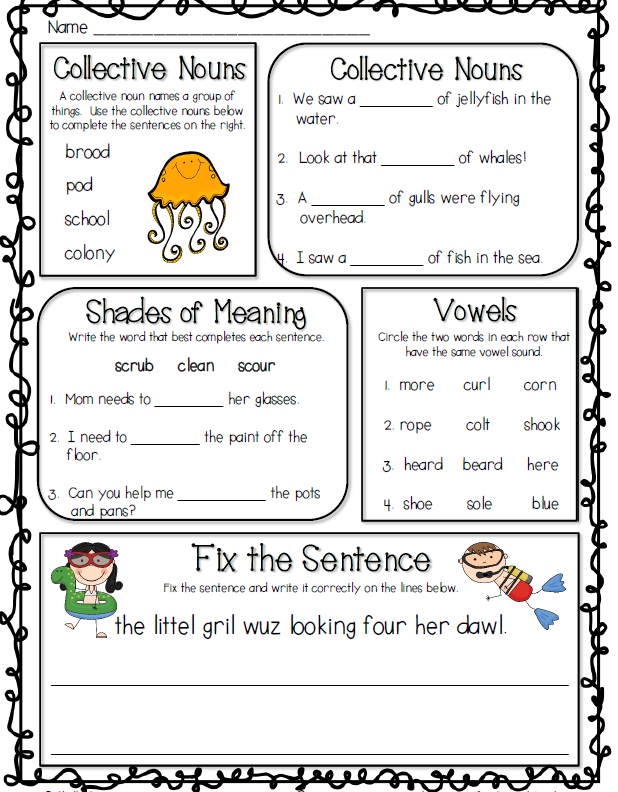 13, Lyolya and Minka and other old and new cartoons
13, Lyolya and Minka and other old and new cartoons
Smart coloring books
Museums and libraries offer to paint their collections
Reprints and reprints of children's books
Favorite fairy tales, stories and magazines of the last century, which can be bought again
What can be heard in classical music
Steps on ice, the voice of the cuckoo and the sounds of the night forest in the great compositions of the 18th–20th centuries
Soviet educational cartoons
Archimedes , dinosaurs, Antarctica and space - popular science cartoons in the USSR
Logic problems
Settle the wise men's dispute, make a bird out of a shirt and count the kittens correctly
Modern children's stories
The best short stories about grandmothers, cats, spies and knights
How Russian lullabies work
We explain why a spinning top is scary and why you shouldn't lie down on the edge. Bonus: 5 lullabies of the Naadya group
Musical fairy tales
How Tchaikovsky, Rimsky-Korsakov and Prokofiev work with the plots of children's fairy tales
Armenian School of Animation
The most rebellious cartoons of the Soviet Union
The Dina Goder Cartoon Collection
The Program Director of the Big Cartoon Festival advises what to watch with your child
Cartoons about art
How to tell children about Picasso, Pollock and Tatlin using animation
40 fire and who has a sieve in his nose: riddles from "Chizh", "Hedgehog" and books by Marshak and Chukovsky
Yard games
"Traffic light", "Shtander", "Kolechko" and other games for a large company
Poems that are interesting to learn by heart
What to choose if you were asked to learn a poem about mother, New Year or autumn
Old audio performances for children
Ole Lukoye, Gray Sheika, Cinderella and other interesting Soviet recordings
Cartoons with classical music
How animation works with the music of Tchaikovsky, Verdi and Glass
How children’s rhymes work
“Ene, bene, slave, kvanter, manter, toad”: what does it all mean
"Hat", "telegrams", "MPS" and other games that require almost nothing but company and a desire to have a good time
Author Lev Gankin
Primer “A.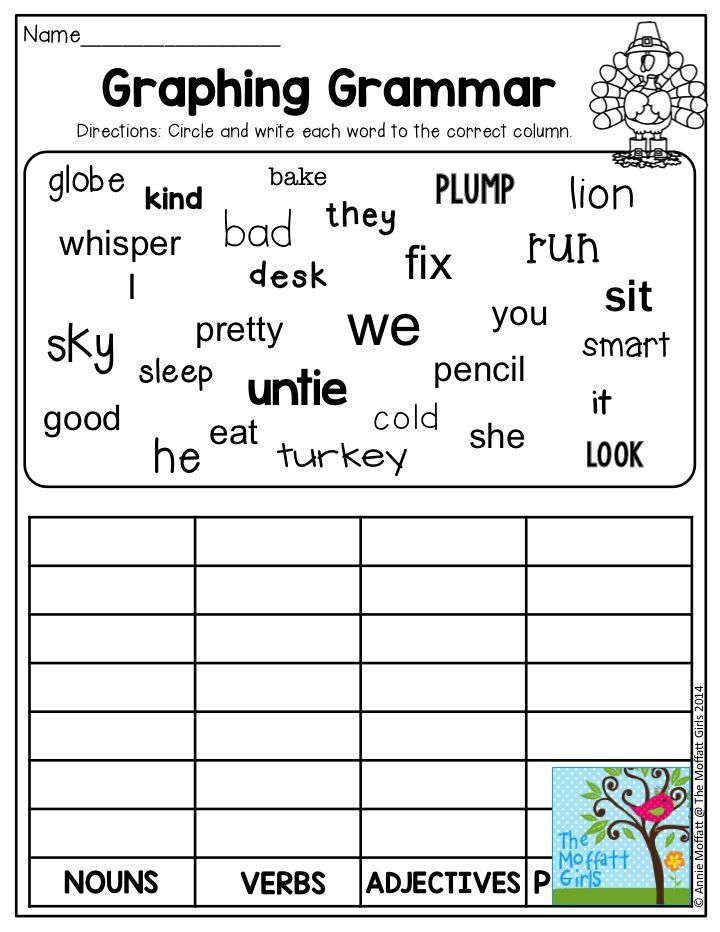 B. C. Trim, alphabet enchanté. Illustrations by Bertal. France, 1861 Wikimedia Commons
B. C. Trim, alphabet enchanté. Illustrations by Bertal. France, 1861 Wikimedia Commons Oral games
Associations
Game for a big company. The host briefly leaves the room, during which time the rest decide which of those present they will guess (this may be the host himself). Upon returning, the player asks the others questions - what flower do you associate this person with, what vehicle, what part of the body, what kitchen utensils, etc. - in order to understand who is hidden. Questions can be very different - this is not limited by anything other than the imagination of the players. Since associations are an individual matter and an exact match may not happen here, it is customary to give the guesser two or three attempts. If the company is small, you can expand the circle of mutual acquaintances who are not present at that moment in the room, although the classic version of "associations" is still a hermetic game.
Game of P
A game for a company of four people, an interesting variation on the "hat" theme (see below), but does not require any special accessories.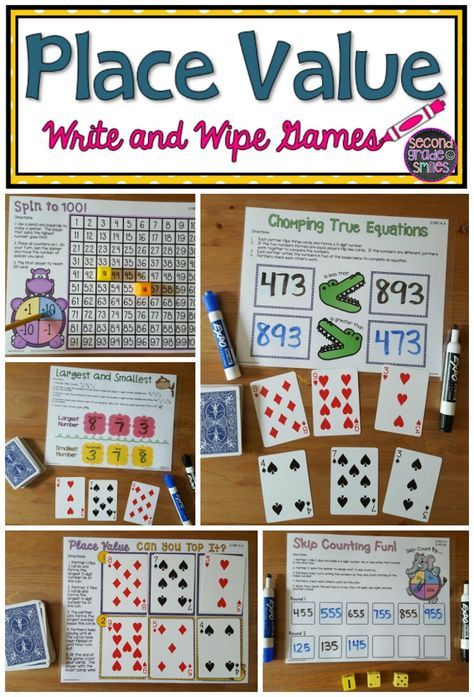 One player guesses a word to another, which he must explain to the others, but he can only use words starting with the letter "p" (any, except for the same root). That is, the word "house" will have to be explained, for example, as follows: "I built - I live." If you couldn’t guess right away, you can throw up additional associations: “building, premises, space, the simplest concept ...” And at the end add, for example, “Perignon” - by association with Dom Perignon champagne. If the guessers are close to winning, then the facilitator will need comments like “about”, “approximately”, “almost right” - or, in the opposite situation: “bad, wait!”. Usually, after the word is guessed, the explainer comes up with a new word and whispers it into the ear of the guesser - he becomes the next leader.
One player guesses a word to another, which he must explain to the others, but he can only use words starting with the letter "p" (any, except for the same root). That is, the word "house" will have to be explained, for example, as follows: "I built - I live." If you couldn’t guess right away, you can throw up additional associations: “building, premises, space, the simplest concept ...” And at the end add, for example, “Perignon” - by association with Dom Perignon champagne. If the guessers are close to winning, then the facilitator will need comments like “about”, “approximately”, “almost right” - or, in the opposite situation: “bad, wait!”. Usually, after the word is guessed, the explainer comes up with a new word and whispers it into the ear of the guesser - he becomes the next leader.
Lectures for children on this topic:
Course of lectures for children about the languages of the world
How many languages in the world, how do they differ and how are they similar to each other
Course of lectures for children about strange and new words of the Russian language
Why linguists study jargon, parasitic words and speech errors
Primer "A.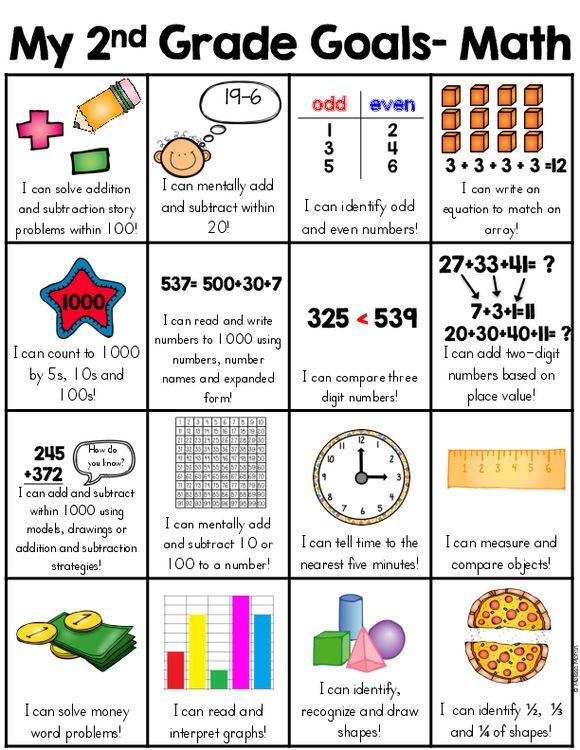 B. C. Trim, alphabet enchanté. Illustrations by Bertal. France, 1861 Wikimedia Commons
B. C. Trim, alphabet enchanté. Illustrations by Bertal. France, 1861 Wikimedia Commons Say the Same Thing
An upbeat and fast-paced game for two, named after a video clip by the inventive rock band OK Go, from which many people learned about it (the musicians even developed a mobile application that helps to play it from a distance, although it is currently unavailable). The meaning of the game is that on the count of one-two-three each of the players pronounces a randomly chosen word. Further, the goal of the players is, with the help of successive associations, to come to a common denominator: for the next time, two or three, both pronounce a word that is somehow connected with the previous two, and so on until the desired coincidence occurs. Suppose the first player said the word "house" and the second player said the word "sausage"; in theory, they can coincide very soon, if on the second move after one-two-three both say "store". But if one says “shop”, and the other says “refrigerator” (why not a sausage house?), then the game can drag on, especially since it’s impossible to repeat - neither the store nor the refrigerator will fit, and you will have to think, say, before "refrigerator" or "IKEI".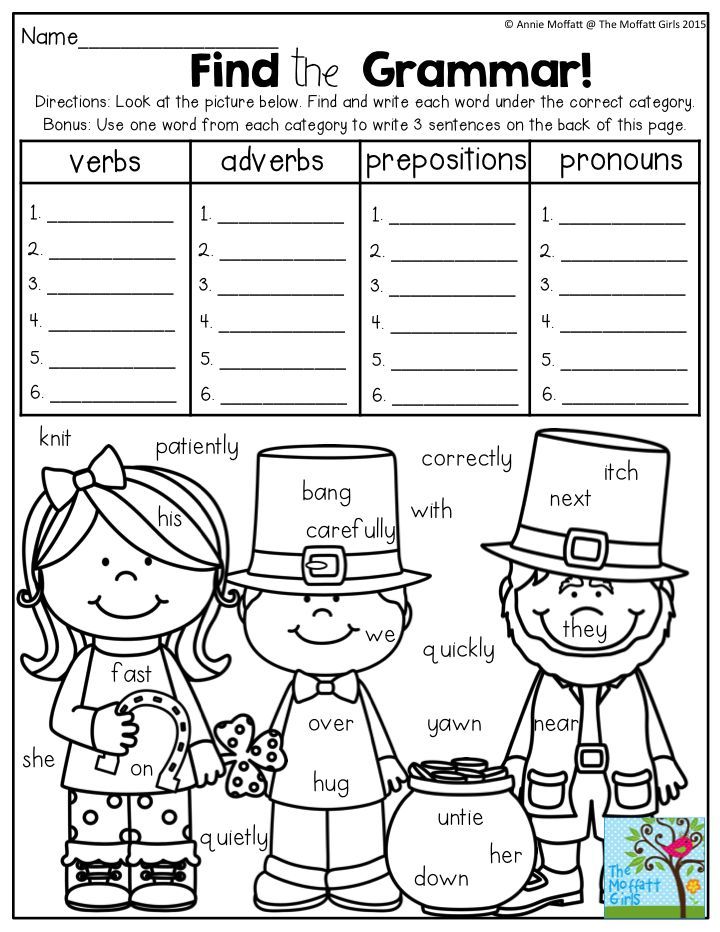 If the original words are far from each other (for example, "curb" and "weightlessness"), then the gameplay becomes completely unpredictable.
If the original words are far from each other (for example, "curb" and "weightlessness"), then the gameplay becomes completely unpredictable.
Characters
A game for the company (the ideal number of players is from four to ten), which requires from the participants not only a good imagination, but also, preferably, a little bit of acting skills. As usual, one of the players briefly leaves the room, and while he is gone, the rest come up with a word, the number of letters in which matches the number of participants remaining in the room. Next, the letters are distributed among the players, and a character is invented for each of them (therefore, words that contain "b", "s" or "b" do not fit). Until the word is guessed, the players behave in accordance with the chosen character - the leader's task is to understand exactly what characters his partners portray and restore the hidden word. Imagine, for example, that a company consists of seven people. One leaves, the rest come up with a six-letter word "old man" and distribute roles among themselves: the first, say, will be with indoor, the second - t erpel, the third - a secondary, the fourth - p asylum, the fifth - and mane and sixth - to ovary.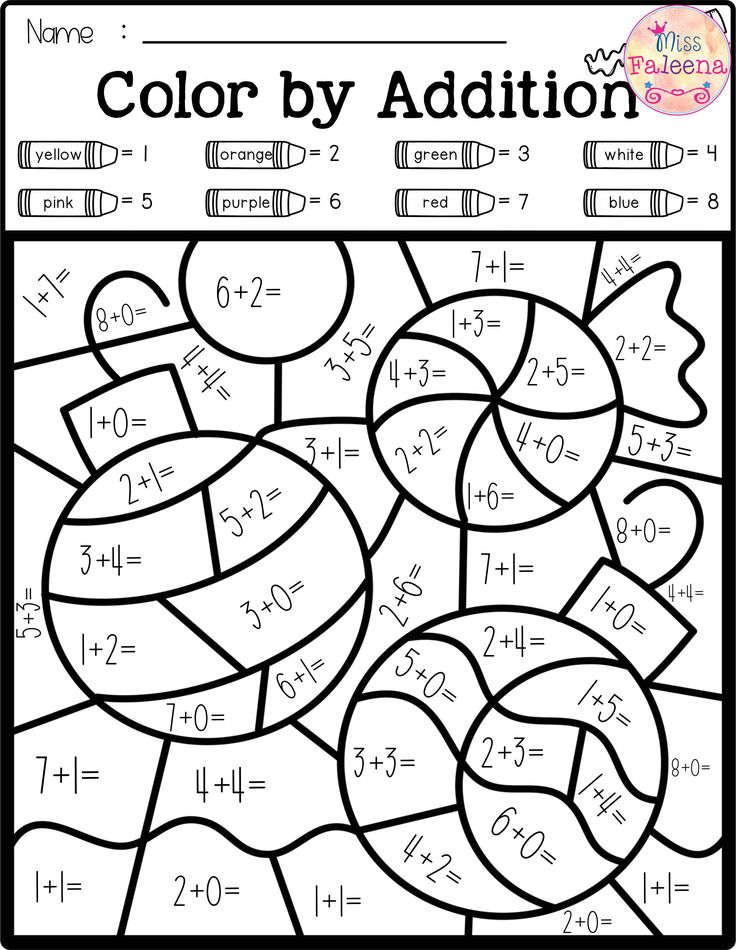 The returning player is greeted by a cacophony of voices - the company "lives" their roles until they are unraveled, and the host asks the players questions that help reveal their image. The only condition is that as soon as the presenter pronounces the correct character - for example, guesses the insidious one - he must admit that his incognito has been revealed and announce the number of his letter (in the word "old man" - the sixth).
The returning player is greeted by a cacophony of voices - the company "lives" their roles until they are unraveled, and the host asks the players questions that help reveal their image. The only condition is that as soon as the presenter pronounces the correct character - for example, guesses the insidious one - he must admit that his incognito has been revealed and announce the number of his letter (in the word "old man" - the sixth).
Recognize the song
A game for a company of four to five people. The host leaves, and the remaining players choose a well-known song and distribute its words among themselves - each word. For example, the song “Let there always be sun” is guessed: one player gets the word “let”, the second - “always”, the third - “will be”, the fourth - “sun”. The host returns and begins to ask questions - the most varied and unexpected: "What is your favorite city?", "Where does the Volga flow?", "What to do and who is to blame?".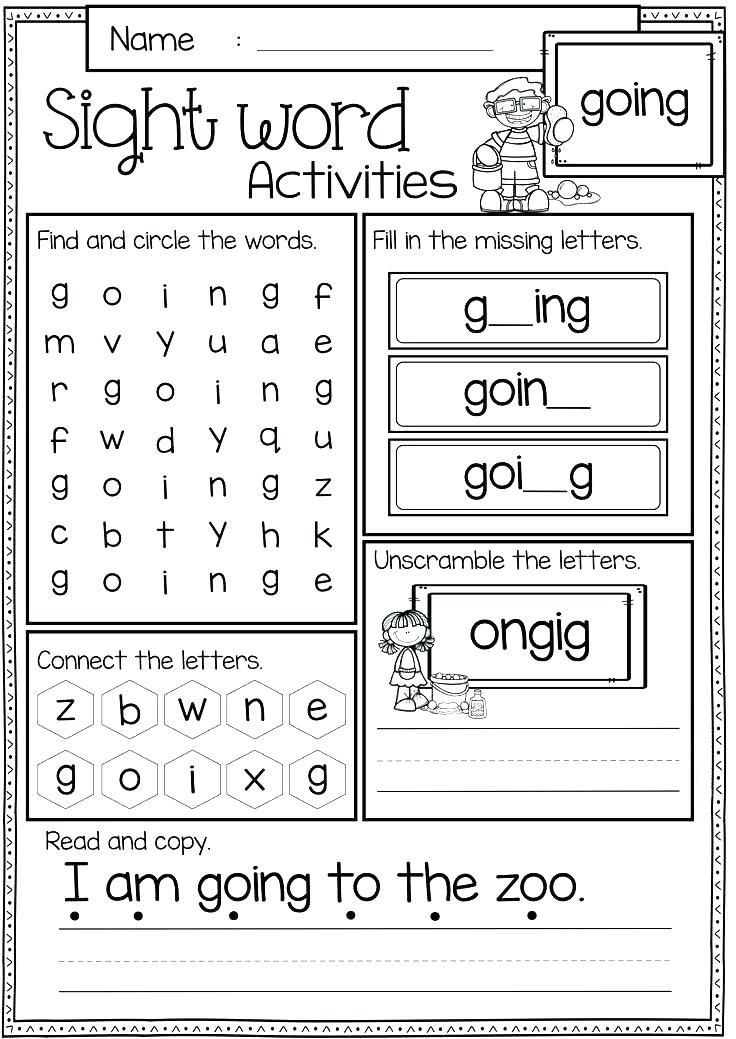 The task of the respondents is to use their own word in the answer and try to do it in such a way that it does not stand out too much; you need to answer quickly and not very extensively, but not necessarily truthfully. Answers to questions in this case can be, for example, “It’s hard for me to choose one city, but let today it will be Rio de Janeiro" or "Volga - into the Caspian, but this does not happen always , every third year it flows into the Black". The presenter must catch which word is superfluous in the answer and guess the song. They often play with lines from poetry rather than from songs.
The task of the respondents is to use their own word in the answer and try to do it in such a way that it does not stand out too much; you need to answer quickly and not very extensively, but not necessarily truthfully. Answers to questions in this case can be, for example, “It’s hard for me to choose one city, but let today it will be Rio de Janeiro" or "Volga - into the Caspian, but this does not happen always , every third year it flows into the Black". The presenter must catch which word is superfluous in the answer and guess the song. They often play with lines from poetry rather than from songs.
Tip
A game for four people divided into pairs (in principle, there can be three or four pairs). The mechanics is extremely simple: the first player from the first pair whispers a word (a common noun in the singular) into the ear of the first player from the second pair, then they must take turns calling their associations with this word (in the same form - common nouns; cognate words cannot be used ).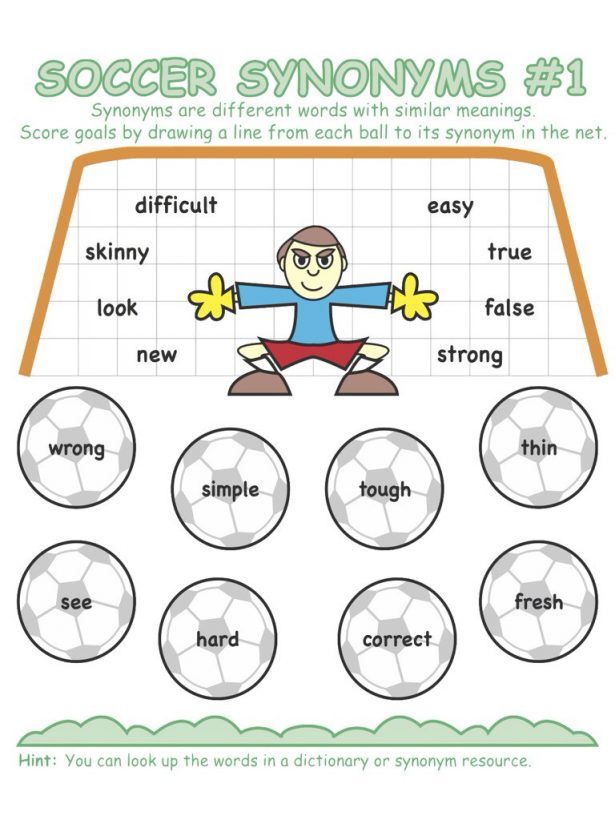 After each association, the teammate of the player who voiced it calls out his word, trying to guess if it was originally guessed - and so on, until the problem is solved by someone; at the same time, all associations already sounded in the game can be used in the future, adding one new one at each move. For example, suppose there are players A and B on one team, and C and D on the other. Player A whispers the word "old man" into player C's ear. Player C says aloud to his partner D: "age". If D immediately answers "old man", then the pair of C and D scores a point, but if he says, for example, "youth", then the move goes to player A, who, using the word "age" suggested by C (but discarding the irrelevant to the case "youth" from D), says to his partner B: "age, man." Now B will probably guess the old man - and his team with A will already earn a point. But if he says "teenager" (thinking that it is about the age when boys turn into men), then C, to whom the move suddenly returned, will say " age, man, eightieth birthday”, and here, probably, “old man” will be guessed.
After each association, the teammate of the player who voiced it calls out his word, trying to guess if it was originally guessed - and so on, until the problem is solved by someone; at the same time, all associations already sounded in the game can be used in the future, adding one new one at each move. For example, suppose there are players A and B on one team, and C and D on the other. Player A whispers the word "old man" into player C's ear. Player C says aloud to his partner D: "age". If D immediately answers "old man", then the pair of C and D scores a point, but if he says, for example, "youth", then the move goes to player A, who, using the word "age" suggested by C (but discarding the irrelevant to the case "youth" from D), says to his partner B: "age, man." Now B will probably guess the old man - and his team with A will already earn a point. But if he says "teenager" (thinking that it is about the age when boys turn into men), then C, to whom the move suddenly returned, will say " age, man, eightieth birthday”, and here, probably, “old man” will be guessed.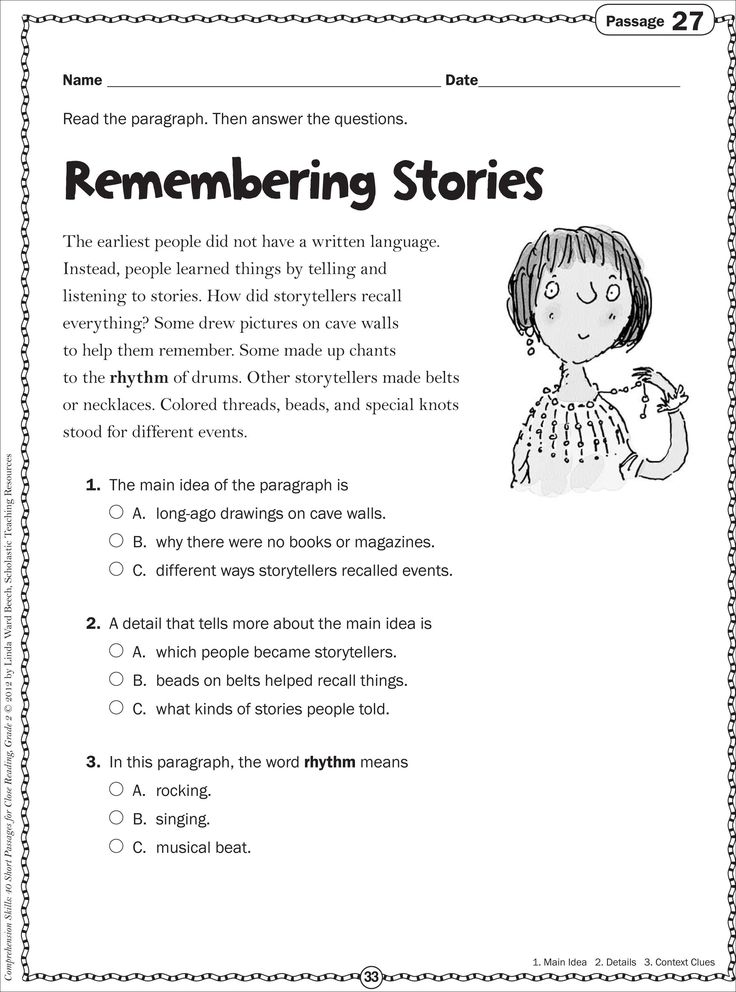 In one of the variants of the game, it is also allowed to "shout": this means that, having suddenly guessed what was meant, the player can shout out the option not on his turn. If he guessed right, his team will get a point, but if he rushed to conclusions, the team will lose a point. They usually play up to five points.
In one of the variants of the game, it is also allowed to "shout": this means that, having suddenly guessed what was meant, the player can shout out the option not on his turn. If he guessed right, his team will get a point, but if he rushed to conclusions, the team will lose a point. They usually play up to five points.
IPU
Game for a big company. Here we are forced to warn readers that, having seen this text in full, you will never be able to drive again - the game is one-time.
Spoiler →
First, the player who gets to drive leaves the room. When he returns, he must find out what MPS means - all that is known in advance is that the bearer of this mysterious abbreviation is present in the room right now. To find out the correct answer, the driver can ask other players questions, the answers to which should be formulated as “yes” or “no”: “Does he have blond hair?”, “Does he have blue eyes?”, “Is this a man?”, “He in jeans?", "Does he have a beard?"; moreover, each question is asked to a specific player, and not to all at once.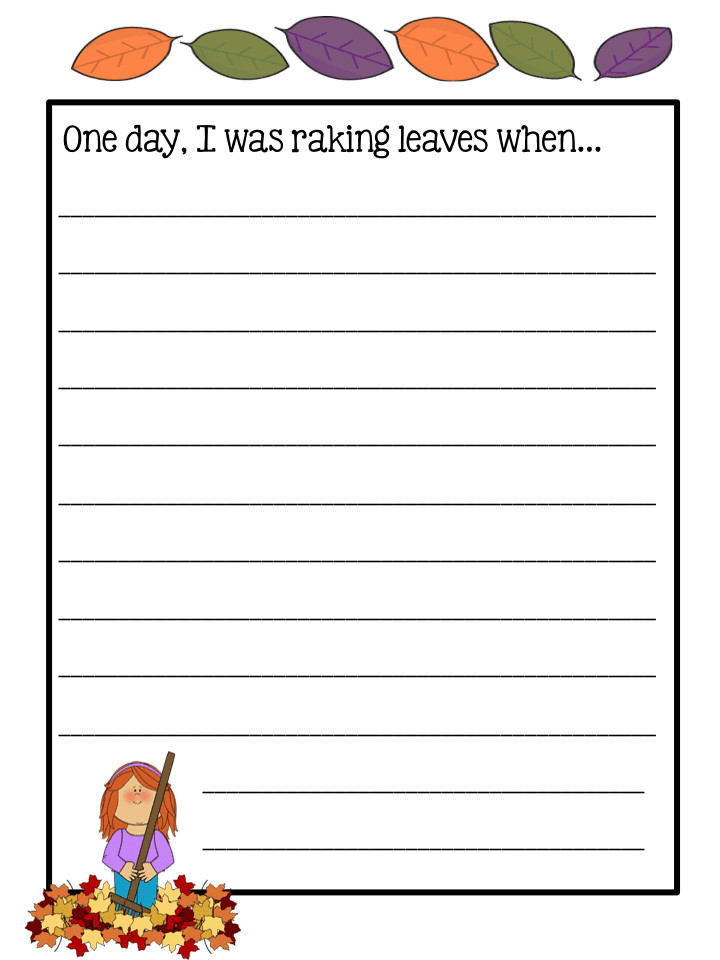 Most likely, it will quickly become clear that there is simply no person in the room who meets all the criteria; Accordingly, the question arises, according to what principle the players give answers. "Opening" this principle will help answer the main question - what is MPS. The Ministry of Railways is not the Ministry of Communications at all, but m oy p equal s seated (that is, each player always describes the person sitting to his right). Another option is COP, to then to answered to last (that is, everyone talks about who answered the previous question).
Most likely, it will quickly become clear that there is simply no person in the room who meets all the criteria; Accordingly, the question arises, according to what principle the players give answers. "Opening" this principle will help answer the main question - what is MPS. The Ministry of Railways is not the Ministry of Communications at all, but m oy p equal s seated (that is, each player always describes the person sitting to his right). Another option is COP, to then to answered to last (that is, everyone talks about who answered the previous question).
Contact
A simple game that can be played with a group of three or more people. One thinks of a word (noun, common noun, singular) and calls its first letter aloud, the task of the others is to guess the word, remembering other words with this letter, asking questions about them and checking if the presenter guessed.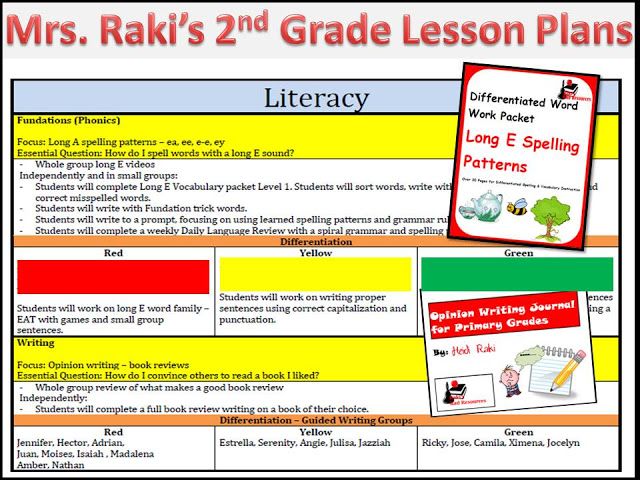 The facilitator's task is not to reveal the next letters in the word to the players for as long as possible. For example, a word with the letter "d" is guessed. One of the players asks the question: “Is this by chance not the place where we live?” This is where the fun begins: the host must figure out as quickly as possible what the player means and say “No, this is not“ house ”” (well, or, if it was a“ house ”, honestly admit it). But in parallel, other players also think the same thing, and if they understand what “house” means before the leader, then they say: “contact” or “there is contact”, and start counting up to ten in chorus (while the count is going on, the presenter still has a chance to escape and guess what it is about!), and then they call the word. If at least two matched, that is, at the expense of ten they said “house” in chorus, the presenter must reveal the next letter, and the new guesser version will already begin with the now known letters “d” + the next one. If it was not possible to beat the host on this question, then the guessers offer a new option.
The facilitator's task is not to reveal the next letters in the word to the players for as long as possible. For example, a word with the letter "d" is guessed. One of the players asks the question: “Is this by chance not the place where we live?” This is where the fun begins: the host must figure out as quickly as possible what the player means and say “No, this is not“ house ”” (well, or, if it was a“ house ”, honestly admit it). But in parallel, other players also think the same thing, and if they understand what “house” means before the leader, then they say: “contact” or “there is contact”, and start counting up to ten in chorus (while the count is going on, the presenter still has a chance to escape and guess what it is about!), and then they call the word. If at least two matched, that is, at the expense of ten they said “house” in chorus, the presenter must reveal the next letter, and the new guesser version will already begin with the now known letters “d” + the next one. If it was not possible to beat the host on this question, then the guessers offer a new option.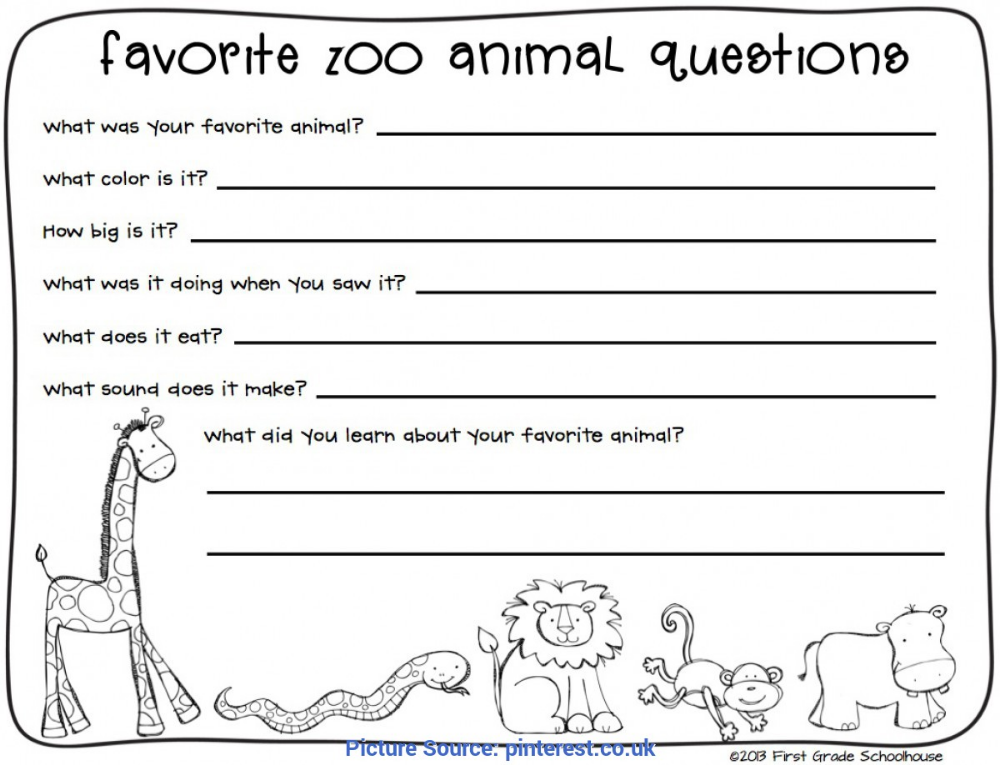 Of course, it makes sense to complicate the definitions, and not ask everything directly - so the question about "home" would sound better like "Is this not where the sun rises?" (with a reference to the famous song "House of the Rising Sun" by The Animals). Usually, the one who eventually gets to the searched word (names it or asks a question leading to victory) becomes the next leader.
Of course, it makes sense to complicate the definitions, and not ask everything directly - so the question about "home" would sound better like "Is this not where the sun rises?" (with a reference to the famous song "House of the Rising Sun" by The Animals). Usually, the one who eventually gets to the searched word (names it or asks a question leading to victory) becomes the next leader.
Writing games
Encyclopedia
Not the fastest, but extremely exciting game for a company of four people - you will need pens, paper and some kind of encyclopedic dictionary (preferably not limited thematically - that is, TSB is better than a conditional "biological encyclopedia"). The host finds a word in the encyclopedia that is unknown to anyone present (here it remains to rely on their honesty - but cheating in this game is uninteresting and unproductive).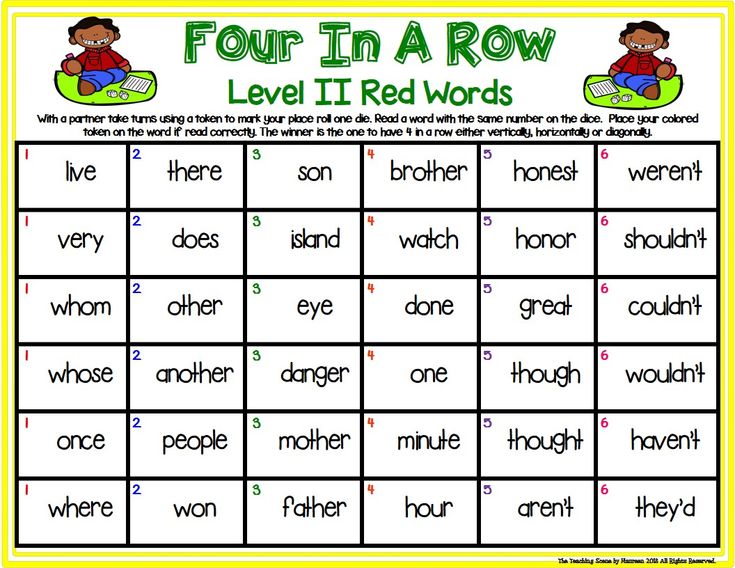 The task of each of the players is to write an encyclopedic definition of this word, inventing its meaning from the head and, if possible, disguising the text as a real small encyclopedic article. The presenter, meanwhile, carefully rewrites the real definition from the encyclopedia. After that, the “articles” are shuffled and read out by the presenter in random order, including the real one, and the players vote for which option seems most convincing to them. In the end, the votes are counted and points are distributed. Any player receives a point for correctly guessing the real definition and one more point for each vote given by other participants to his own version. After that, the sheets are distributed back and a new word is played out - there should be about 6-10 of them in total. You can also play this game in teams: come up with imaginary definitions collectively. The game "poems" is arranged in a similar way - but instead of a compound word, the host selects two lines from some little-known poem in advance and invites the participants to add quatrains.
The task of each of the players is to write an encyclopedic definition of this word, inventing its meaning from the head and, if possible, disguising the text as a real small encyclopedic article. The presenter, meanwhile, carefully rewrites the real definition from the encyclopedia. After that, the “articles” are shuffled and read out by the presenter in random order, including the real one, and the players vote for which option seems most convincing to them. In the end, the votes are counted and points are distributed. Any player receives a point for correctly guessing the real definition and one more point for each vote given by other participants to his own version. After that, the sheets are distributed back and a new word is played out - there should be about 6-10 of them in total. You can also play this game in teams: come up with imaginary definitions collectively. The game "poems" is arranged in a similar way - but instead of a compound word, the host selects two lines from some little-known poem in advance and invites the participants to add quatrains.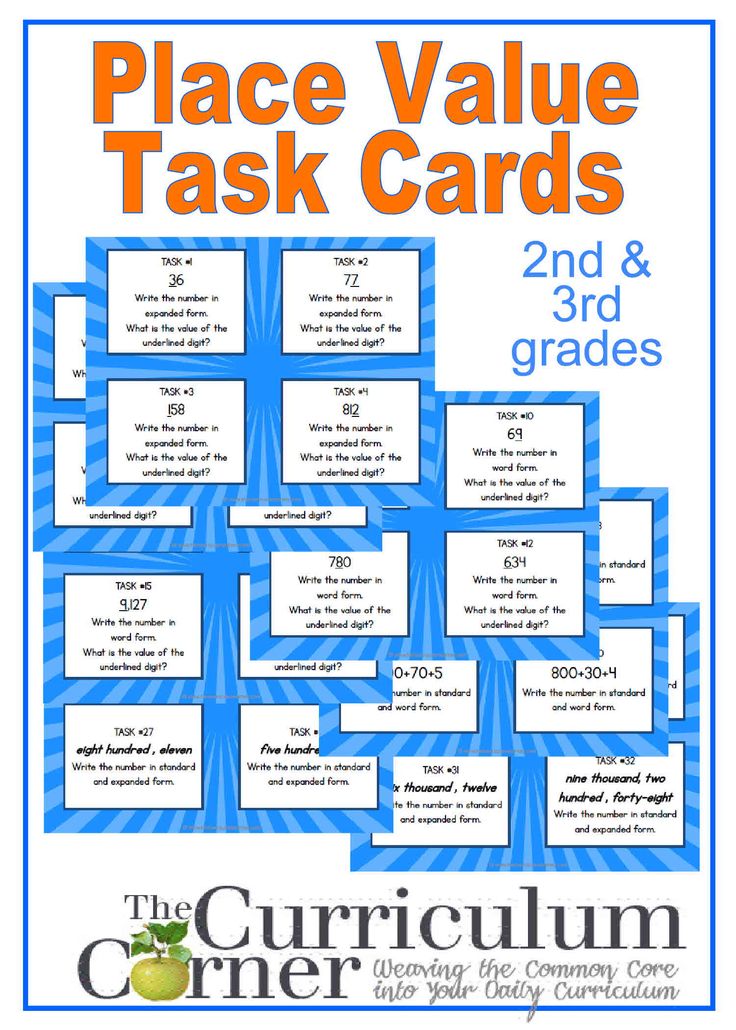
Inglourious Basterds Game
A game for a company of any size that many knew before the Quentin Tarantino film, but it does not have a single name. Each player invents a role for his neighbor (usually it is some famous person), writes it on a piece of paper and sticks the piece of paper on his neighbor's forehead: accordingly, everyone sees what role someone has, but does not know who they are. The task of the participants is, with the help of leading questions, the answers to which are formulated as “yes” or “no” (“Am I a historical figure?”, “Am I a cultural figure?”, “Am I a famous athlete?”), to find out who exactly they are. In this form, however, the game exhausts itself rather quickly, so you can come up with completely different themes and instead of famous people play, for example, in professions (including exotic ones - "carousel", "taxidermist"), in film and literary heroes (you can mix them with real celebrities, but it’s better to agree on this in advance), food (one player will be risotto, and the other, say, green cabbage soup) and even just items.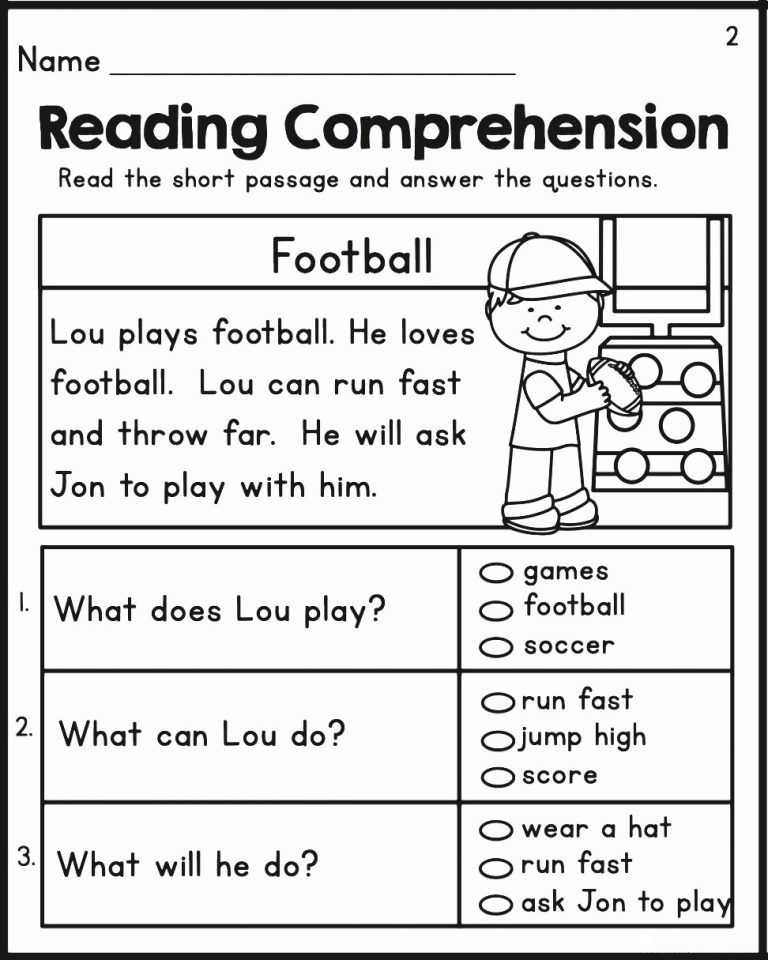
Bulls and cows
A game for two: one participant thinks of a word, and it is agreed in advance how many letters should be in it (usually 4-5). The task of the second is to guess this word by naming other four- or five-letter words; if some letters of the named word are in the hidden one, they are called cows, and if they have the same place inside the word, then these are bulls. Let's imagine that the word "eccentric" is conceived. If the guesser says “dot”, then he receives an answer from the second player: “three cows” (that is, the letters “h”, “k” and “a”, which are in both “eccentric” and “dot”, but in different places). If he then says "head of head", he will no longer get three cows, but two cows and one bull - since the letter "a" in both "eccentric" and "head" is in the fourth position. As a result, sooner or later, it is possible to guess the word, and the players can change places: now the first one will guess the word and count the bulls and cows, and the second one will name his options and track the extent to which they coincide with the one guessed.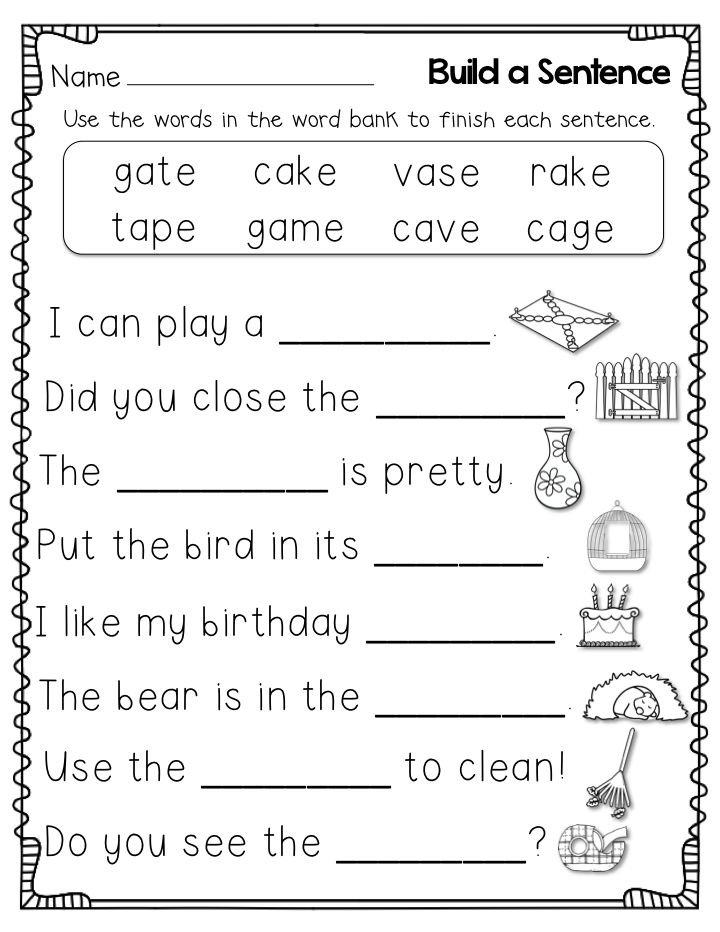 You can also complicate the process by simultaneously guessing your own word and guessing the opponent's word.
You can also complicate the process by simultaneously guessing your own word and guessing the opponent's word.
Intellect
Writing game for the company (but you can also play together), consisting of three rounds, each for five minutes. In the first, players randomly type thirteen letters (for example, blindly poking a book page with their finger) and then form words from them, and only long ones - from five letters. In the second round, you need to choose a syllable and remember as many words as possible that begin with it, you can use single-root ones (for example, if the syllable "house" is selected, then the words "house", "domra", "domain", "domain", "brownie", "housewife", etc.). Finally, in the third round, the syllable is taken again, but now you need to remember not ordinary words, but the names of famous people of the past and present in which it appears, and not necessarily at the beginning - that is, both Karamzin and McCartney will fit the syllable "kar" , and, for example, Hamilcar.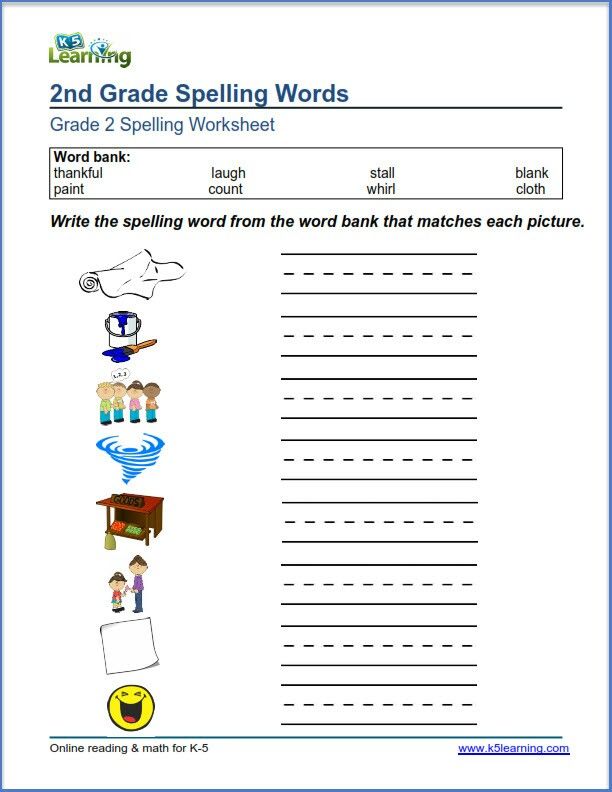 An important detail: since this round provokes the most disputes and scams, game participants can ask each other to prove that this person is really a celebrity, and here you need to remember at least the profession and country. Typical dialogue: "What, you don't know Hamilcar? But this is a Carthaginian commander!” After each round, points are counted: if a particular word is the same for all players, it is simply crossed out, in other cases, players are awarded as many points for it as the opponents could not remember it. In the first round, you can still add points for especially long words. Based on the results of the rounds, it is necessary to determine who took the first, second, third and other places, and add up these places at the end of the game. The goal is to get the smallest number at the output (for example, if you were the winners of all three rounds, then you will get the number 3 - 1 + 1 + 1, and you are the champion; less cannot be purely mathematical).
An important detail: since this round provokes the most disputes and scams, game participants can ask each other to prove that this person is really a celebrity, and here you need to remember at least the profession and country. Typical dialogue: "What, you don't know Hamilcar? But this is a Carthaginian commander!” After each round, points are counted: if a particular word is the same for all players, it is simply crossed out, in other cases, players are awarded as many points for it as the opponents could not remember it. In the first round, you can still add points for especially long words. Based on the results of the rounds, it is necessary to determine who took the first, second, third and other places, and add up these places at the end of the game. The goal is to get the smallest number at the output (for example, if you were the winners of all three rounds, then you will get the number 3 - 1 + 1 + 1, and you are the champion; less cannot be purely mathematical).
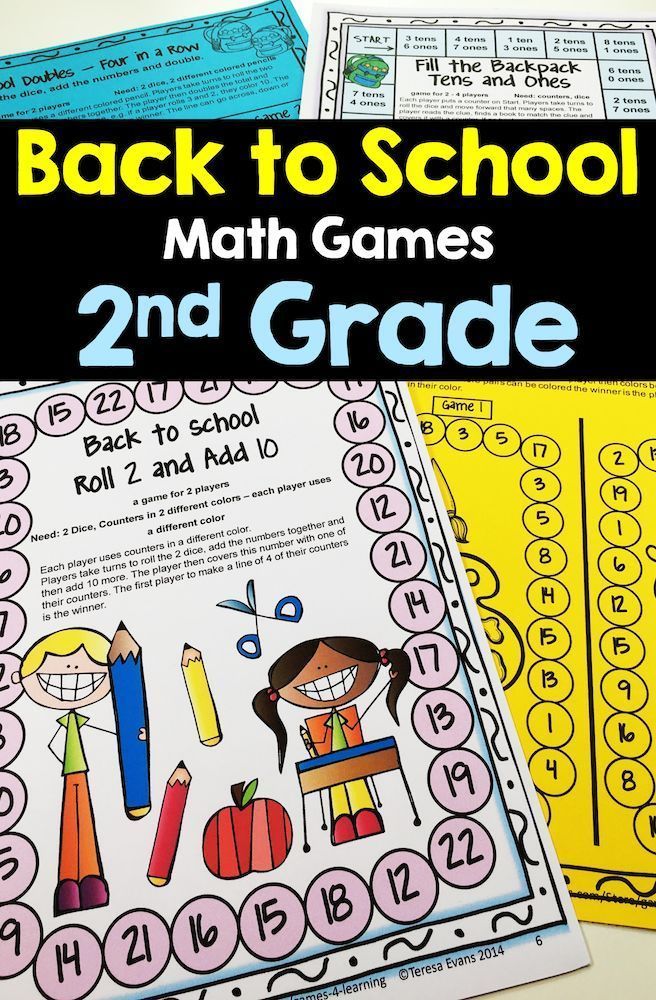 B. C. Trim, alphabet enchanté. Illustrations by Bertal. France, 1861 Wikimedia Commons
B. C. Trim, alphabet enchanté. Illustrations by Bertal. France, 1861 Wikimedia Commons Frame
A game for any number of people, which was invented by one of the creators of the Kaissa chess program and the author of the anagram search program Alexander Bitman. First, the players choose several consonants - this will be the frame, the skeleton of the word. Then the time is recorded (two or three minutes), and the players begin to “stretch” vowels (as well as “й”, “ь”, “ъ”) onto the frame to make existing words. Consonants can be used in any order, but only once, and vowels can be added in any number. For example, players choose the letters "t", "m", "n" - then the words "fog", "cloak", "mantle", "coin", "darkness", "ataman", "dumbness" and other. The winner is the one who can come up with more words (as usual, these should be common nouns in the singular). The game can be played even with one letter, for example, "l". The words “silt”, “lay”, “yula”, “aloe”, “spruce” are formed around it, and if we agree that the letter can be doubled, “alley” and “lily”.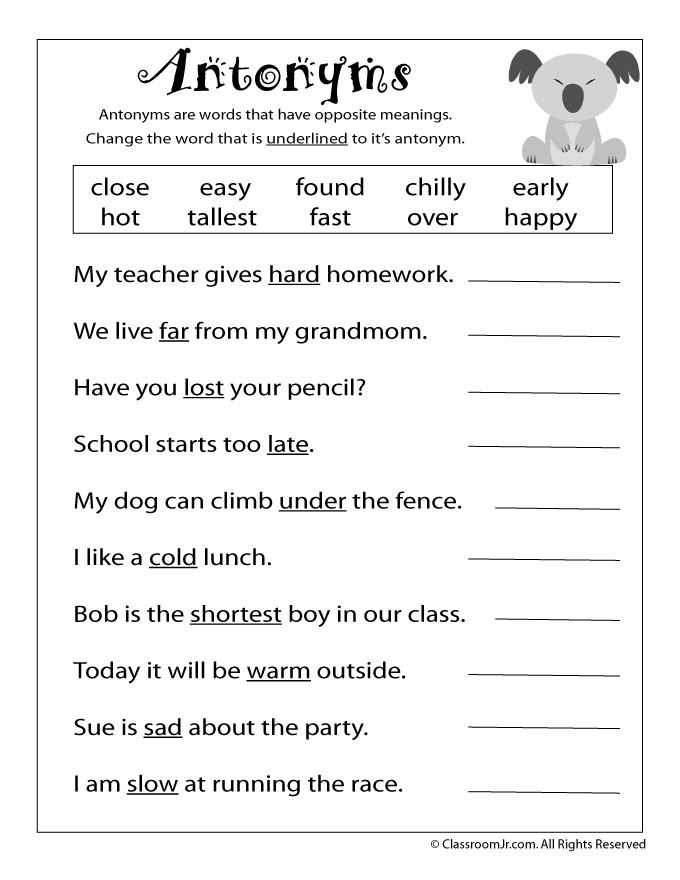 If the standard "framework" is mastered, then the task may be to compose a whole phrase with one consonant: a textbook example from the book by Evgeny Gik - "Bobby, kill the boy and beat the woman at the baobab."
If the standard "framework" is mastered, then the task may be to compose a whole phrase with one consonant: a textbook example from the book by Evgeny Gik - "Bobby, kill the boy and beat the woman at the baobab."
Chain of words
Game for any number of players. Many people know it under the name "How to make an elephant out of a fly", and it was invented by the writer and mathematician Lewis Carroll, the author of "Alice". The “chain” is based on metagram words, that is, words that differ by only one letter. The task of the players is to turn one word into another with the least number of intermediate links. For example, let's make a "goat" from a "fox": FOX - LINDE - PAW - KAPA - KARA - KORA - GOAT. It is interesting to give tasks with a plot: so that the “day” turns into “night”, the “river” becomes the “sea”. The well-known chain, where the "elephant" grows out of the "fly", is obtained in 16 moves: FLY - MURA - TURA - TARA - KARA - KARE - CAFE - KAFR - MURDER - KAYUK - HOOK - URIK - LESSON - TERM - DRAIN - STON - ELEPHANT (example of Evgeny Gik).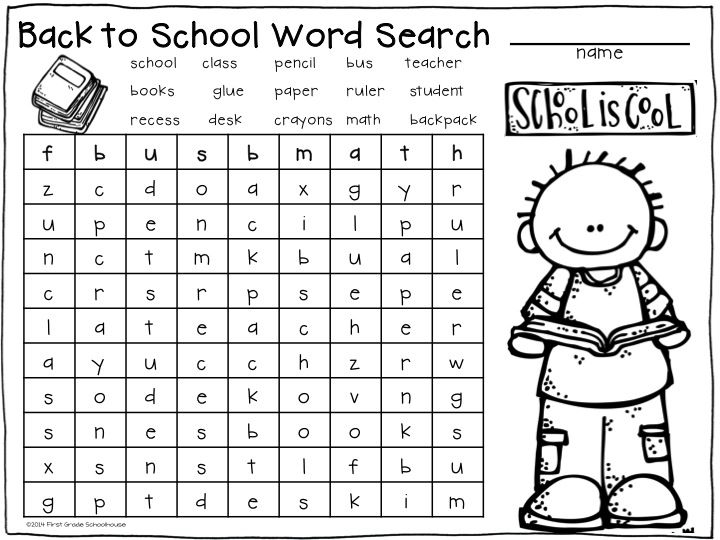 For training, you can compete in the search for metagrams for any word. For example, the word "tone" gives "sleep", "background", "current", "tom", "tan" and so on - whoever scores more options wins.
For training, you can compete in the search for metagrams for any word. For example, the word "tone" gives "sleep", "background", "current", "tom", "tan" and so on - whoever scores more options wins.
Hat
A game for a company of four people, requiring simple equipment: pens, paper and a “hat” (an ordinary plastic bag will do). Sheets of paper need to be torn into small pieces and distributed to the players, the number of pieces depends on how many people are playing: the larger the company, the less for each. Players write words on pieces of paper (one for each piece of paper) and throw them into the "hat". There are also options here - you can play just with words (noun, common noun, singular), or you can play with famous people or literary characters. Then the participants are divided into teams - two or more people each; the task of each - in 20 seconds (or 30, or a minute - the timing can be set at your own choice) to explain to your teammates the largest number of words arbitrarily pulled out of the "hat", without using the same root.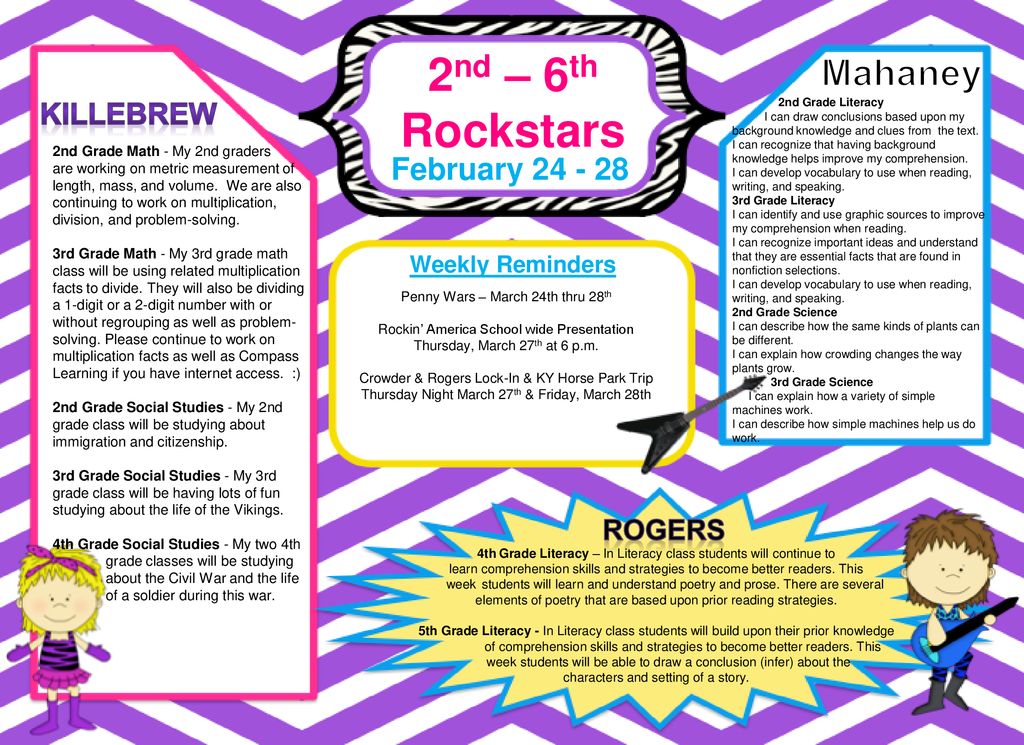 If the driver could not explain a word, it returns to the hat and will be played by the other team. At the end of the game, the words guessed by different representatives of the same team are summed up, their number is counted, and the team that has more pieces of paper is awarded the victory. A popular version of the game: everything is the same, but in the first round the players explain the words (or describe the characters) orally, in the second round they show in pantomime, in the third round they explain the same words in one word. And recently a board game has appeared, where you need not only to explain and show, but also to draw.
If the driver could not explain a word, it returns to the hat and will be played by the other team. At the end of the game, the words guessed by different representatives of the same team are summed up, their number is counted, and the team that has more pieces of paper is awarded the victory. A popular version of the game: everything is the same, but in the first round the players explain the words (or describe the characters) orally, in the second round they show in pantomime, in the third round they explain the same words in one word. And recently a board game has appeared, where you need not only to explain and show, but also to draw.
Telegrams
Game for any number of players. The players choose a word, for each letter of which they will need to come up with a part of the telegram - the first letter will be the beginning of the first word, the second - the second, and so on. For example, the word "fork" is selected. Then the following message can become a telegram: “The camel is healed.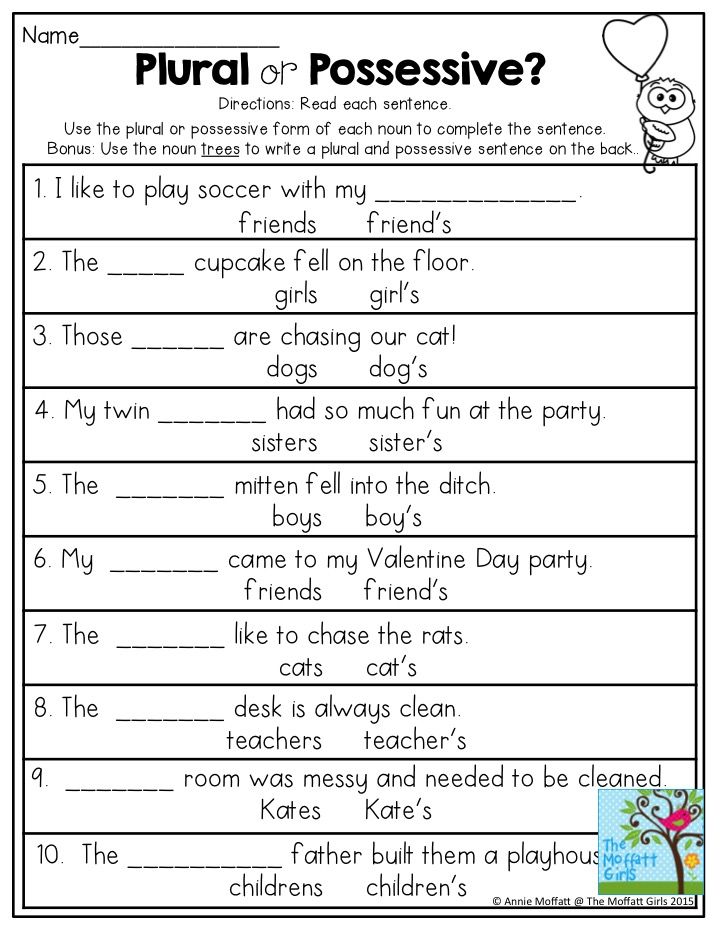 I'm flying a crocodile. Aibolit". Another round of the game is the addition of genres. Each player gets the task to write not one, but several telegrams from the same word - business, congratulatory, romantic (the types of messages are agreed in advance). Telegrams are read aloud, the next word is chosen.
I'm flying a crocodile. Aibolit". Another round of the game is the addition of genres. Each player gets the task to write not one, but several telegrams from the same word - business, congratulatory, romantic (the types of messages are agreed in advance). Telegrams are read aloud, the next word is chosen.
even more different games for one or a company
Home games
Shadow theater, crafts and paper dolls from children's books and magazines of the XIX-XX centuries Ring and other games
Games from classic books
What do the heroes of the works of Nabokov, Lindgren and Milne play
A children's course on where games, jokes, horror stories and memes come from and why we need them
Children's room
Special project
Children's room Arzamas
Sources
- Balandin B.
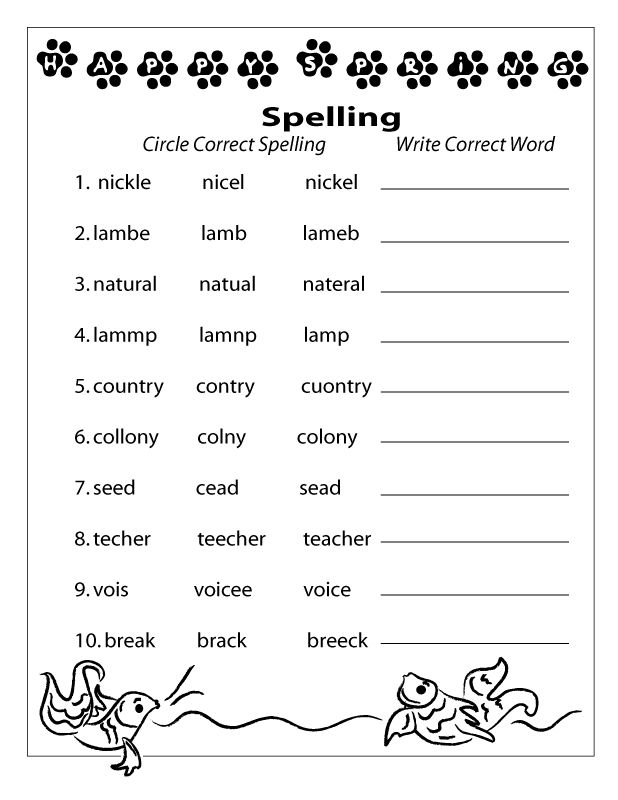
Learn more

